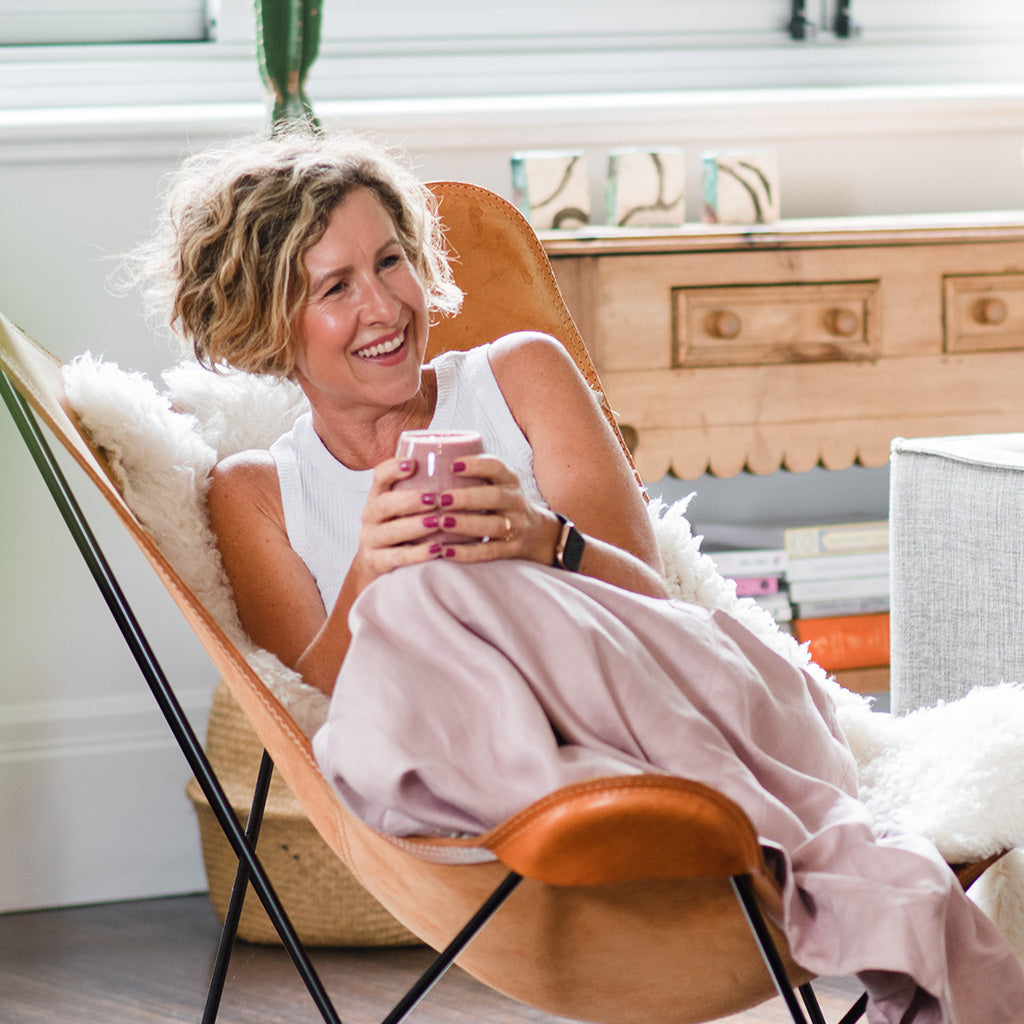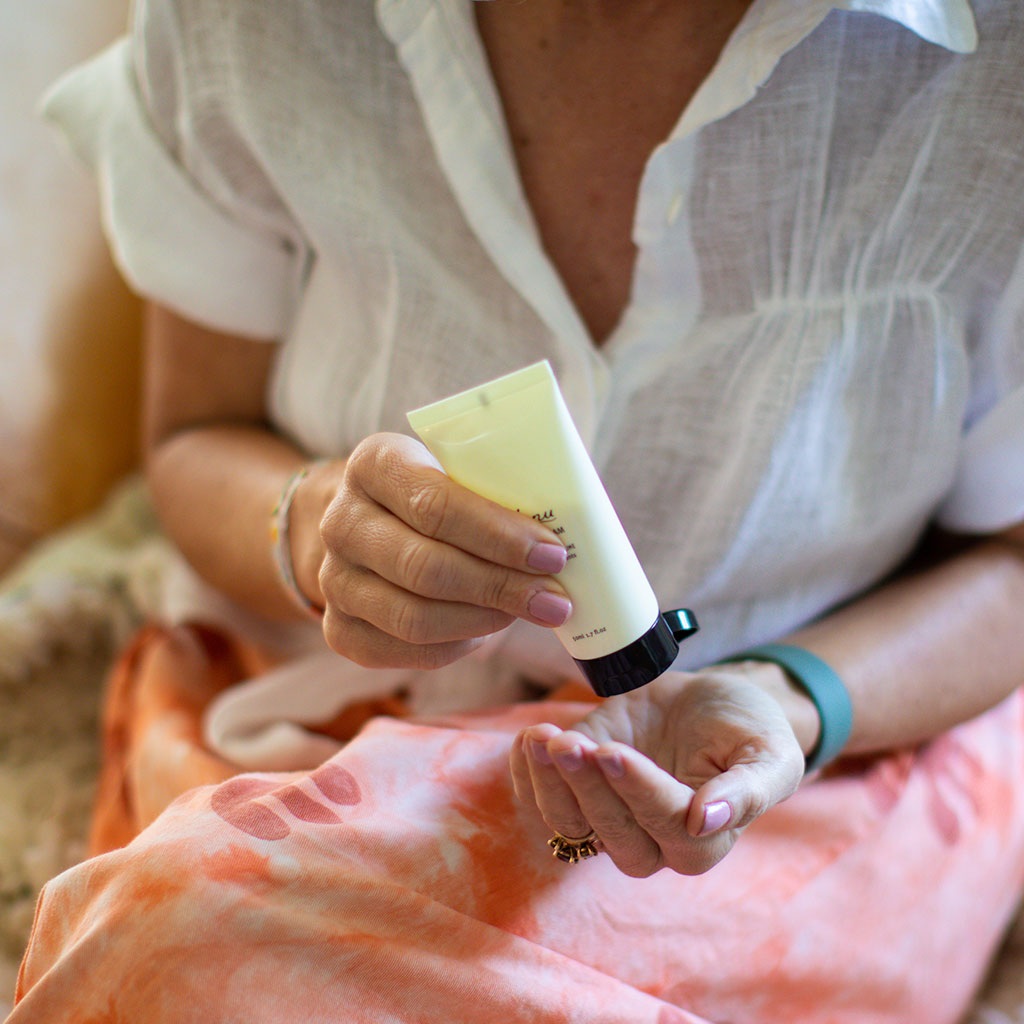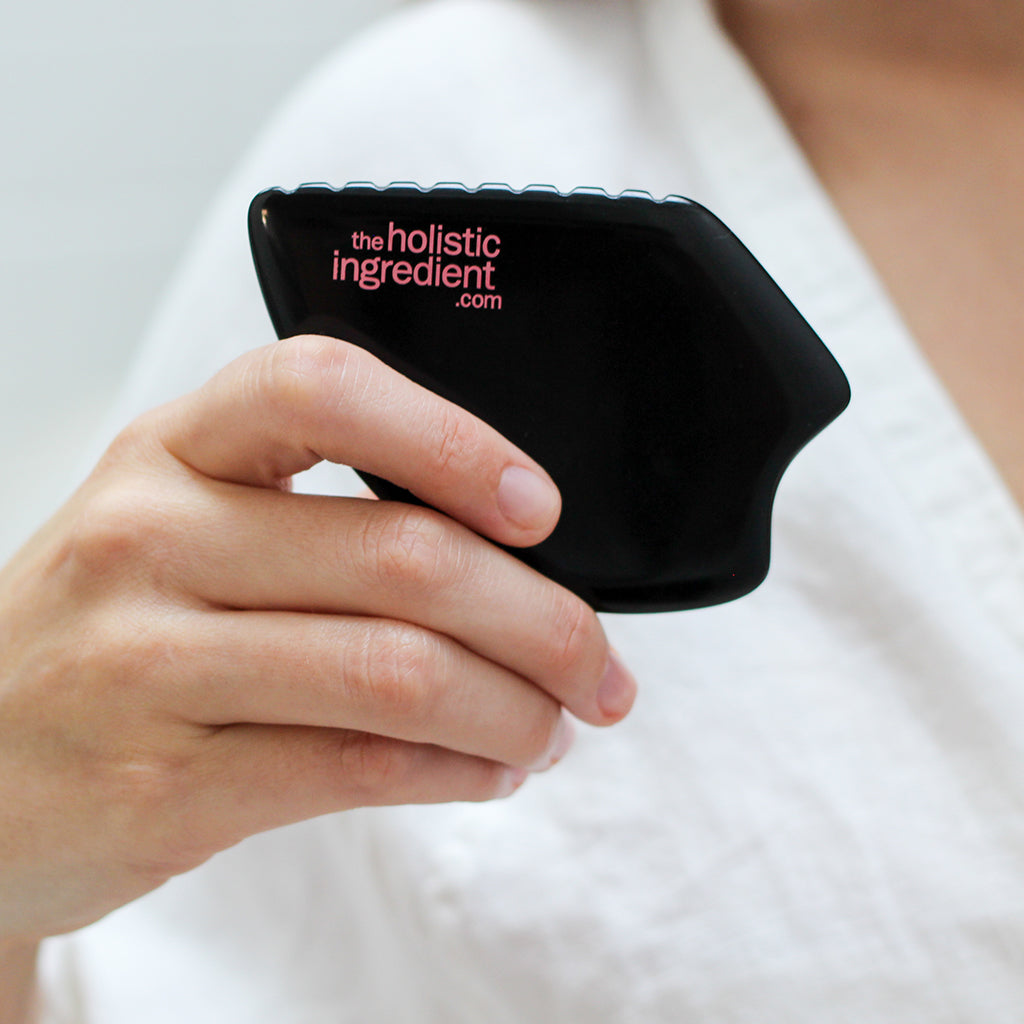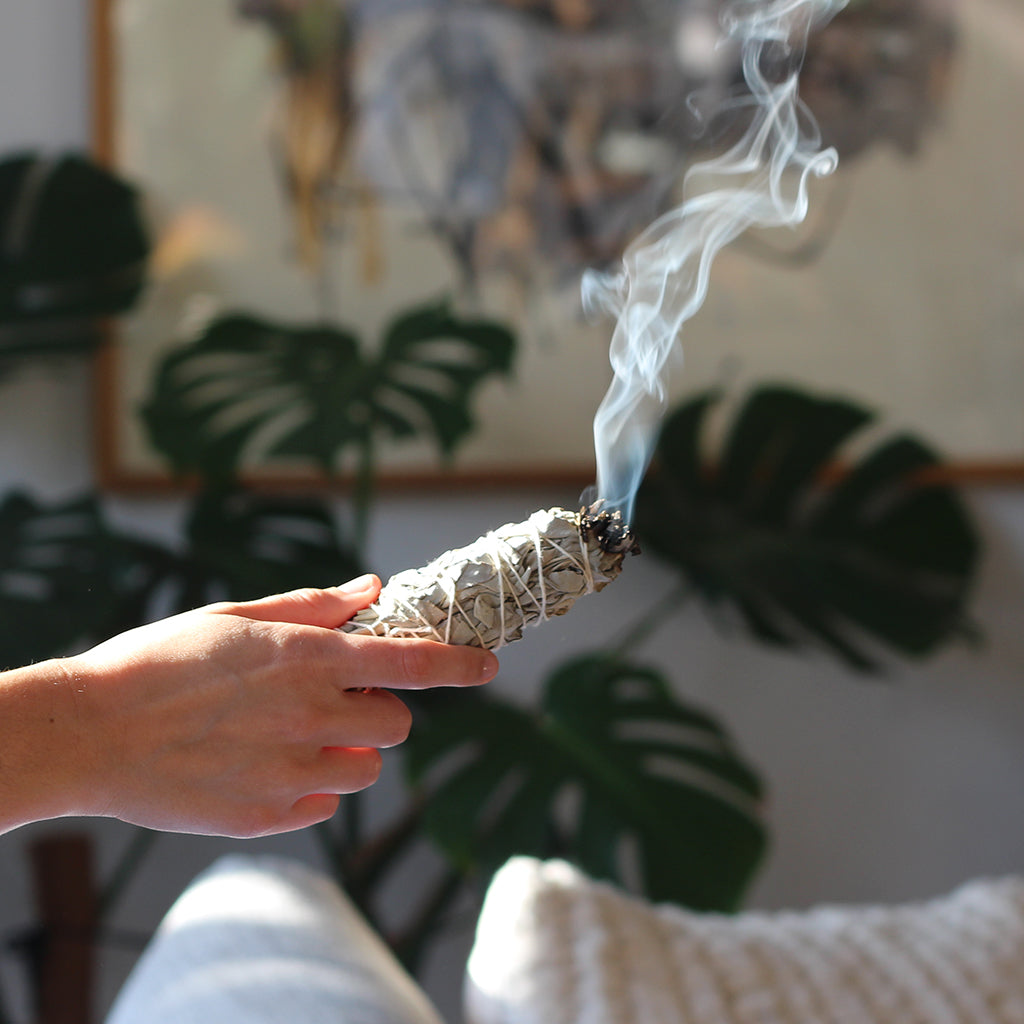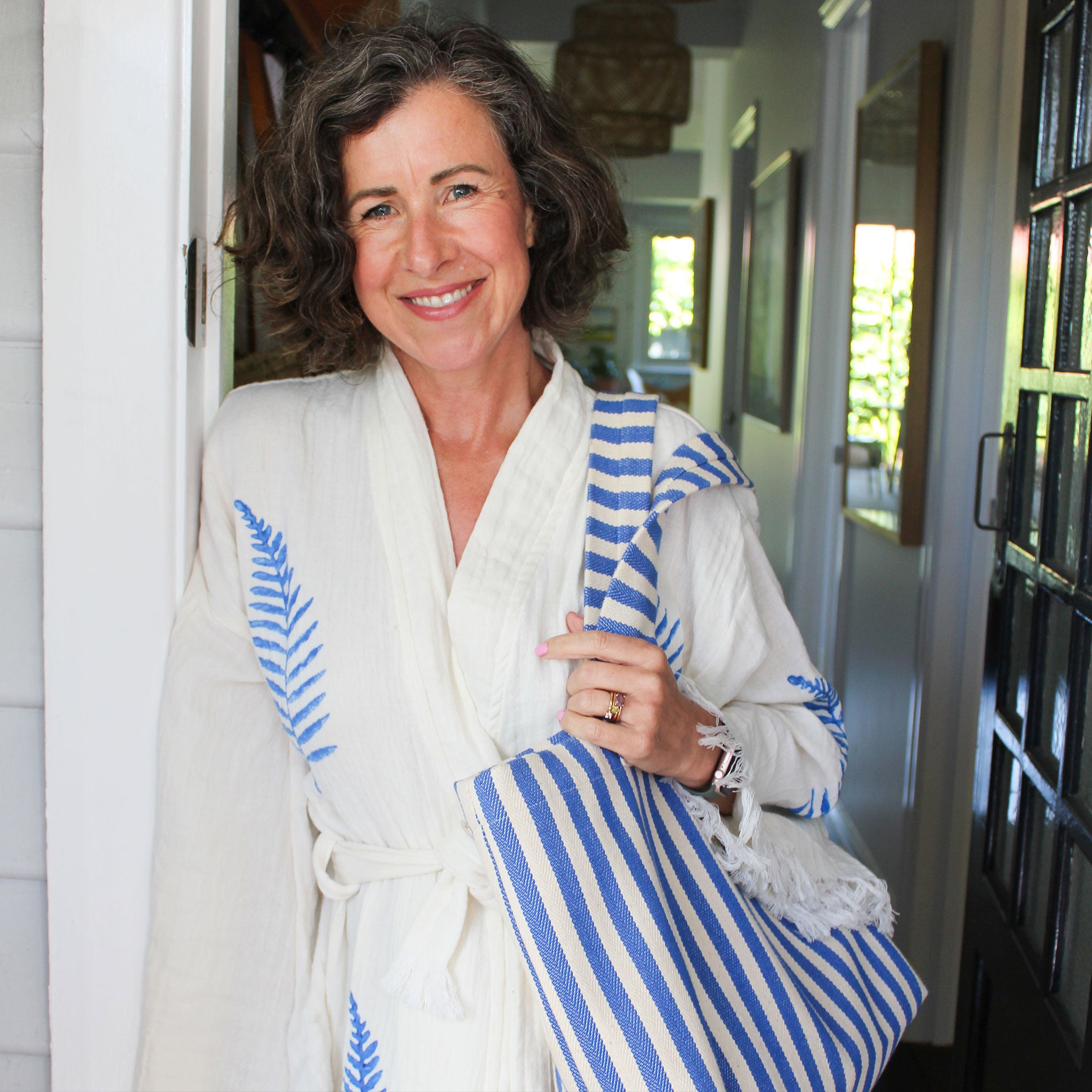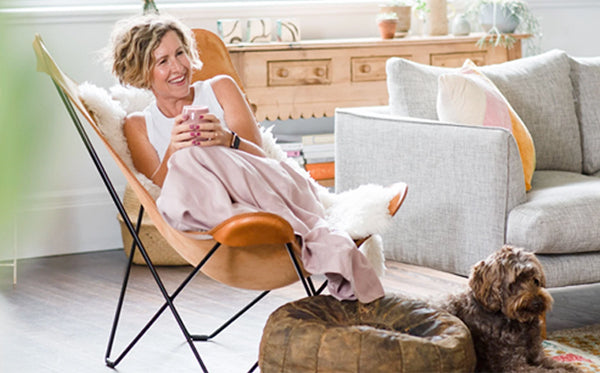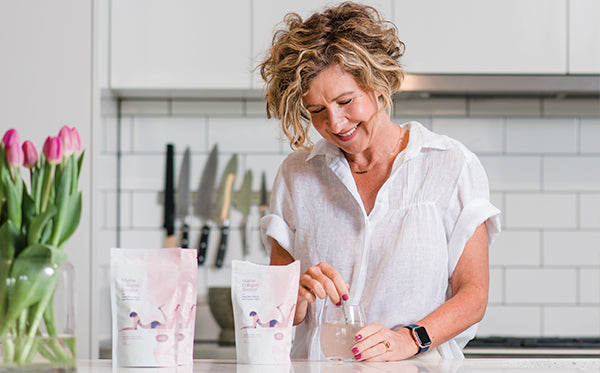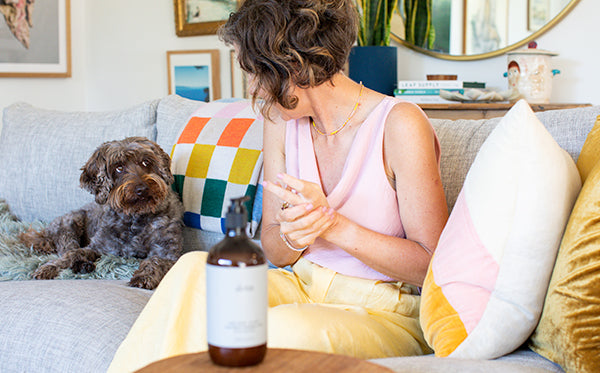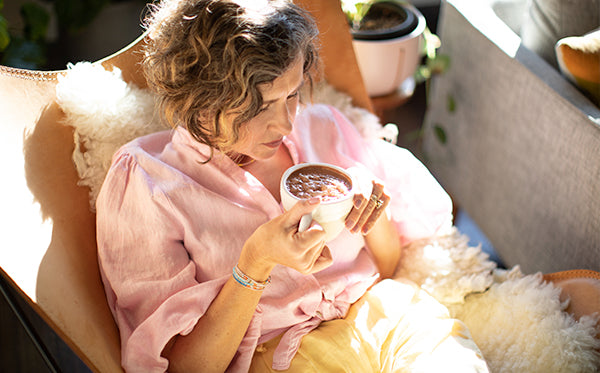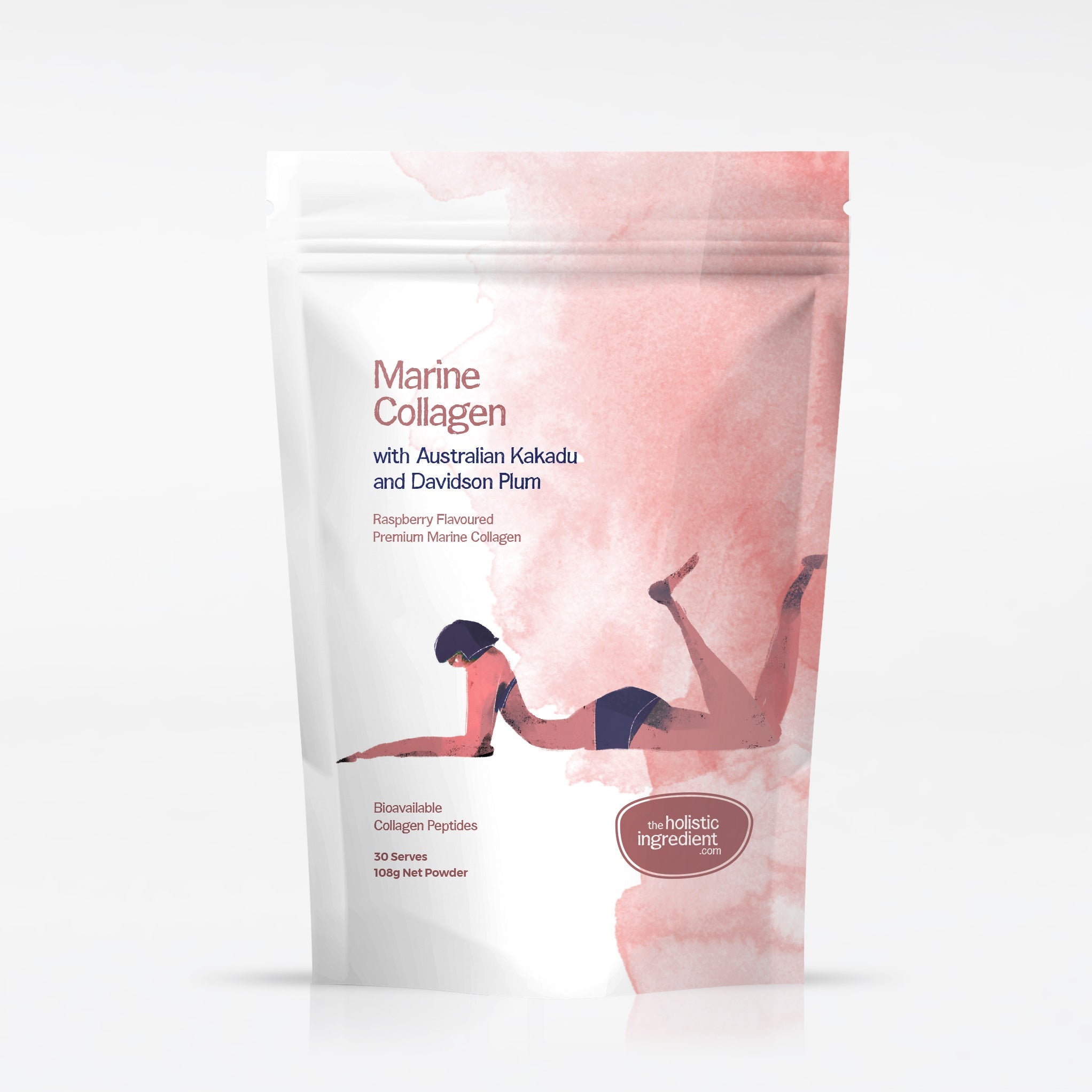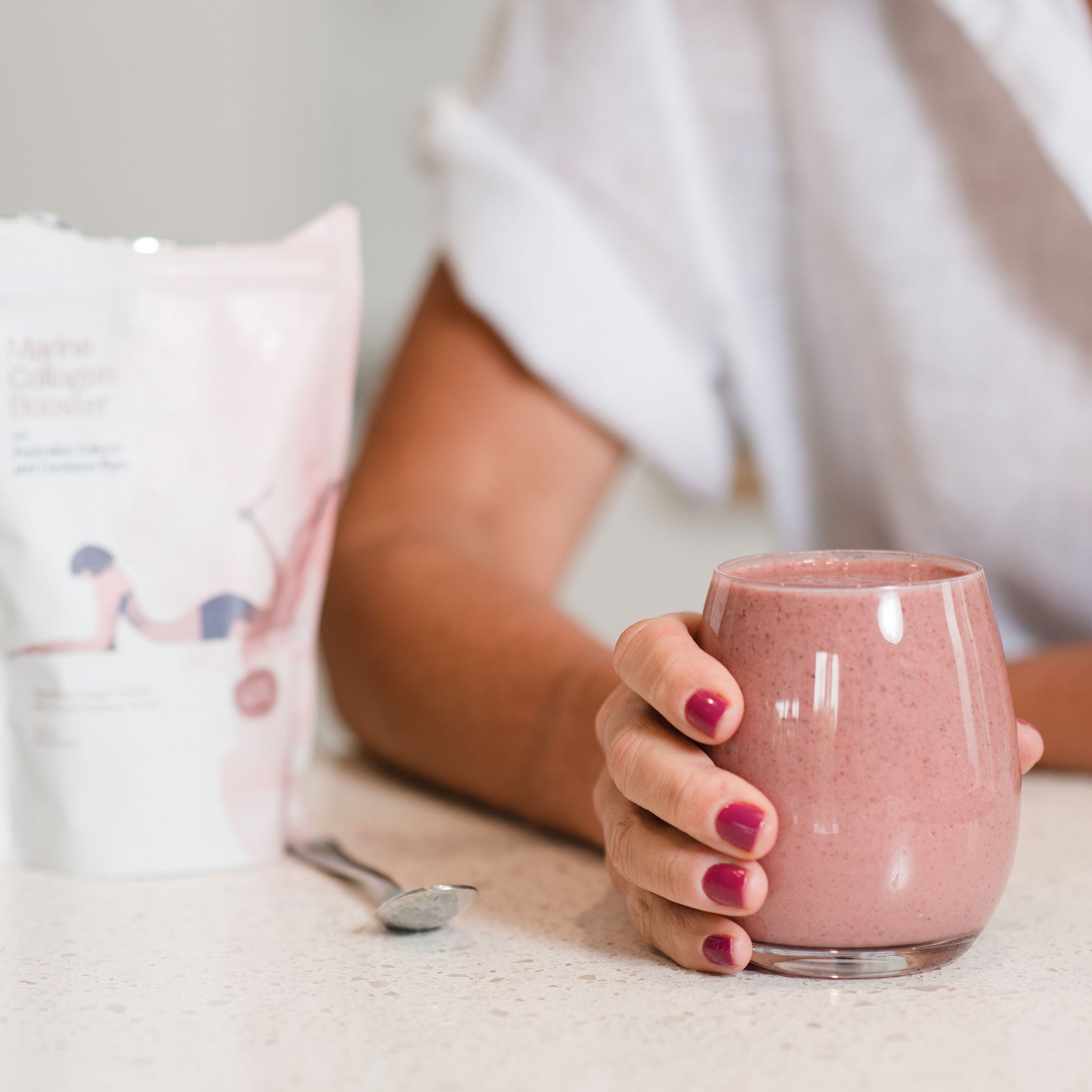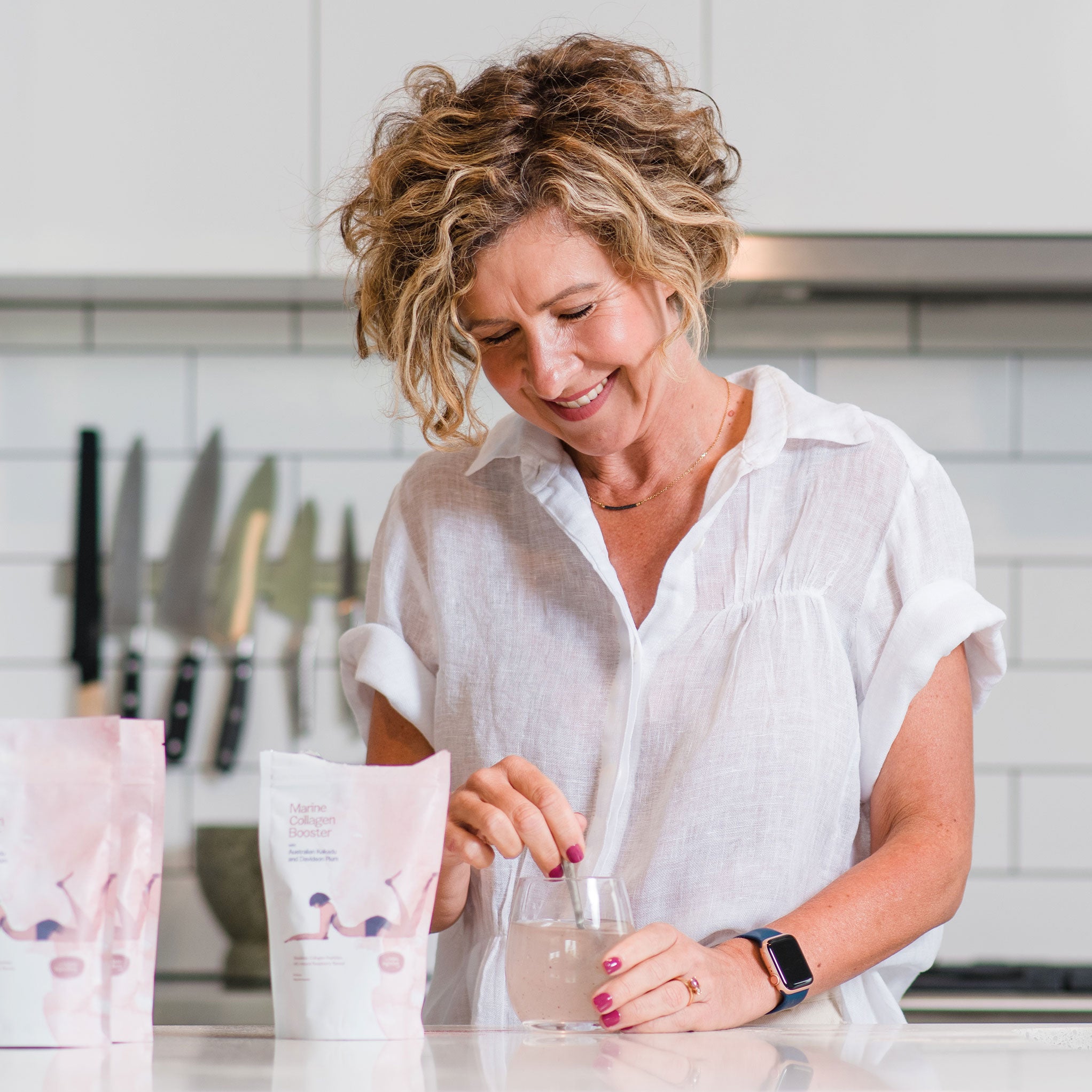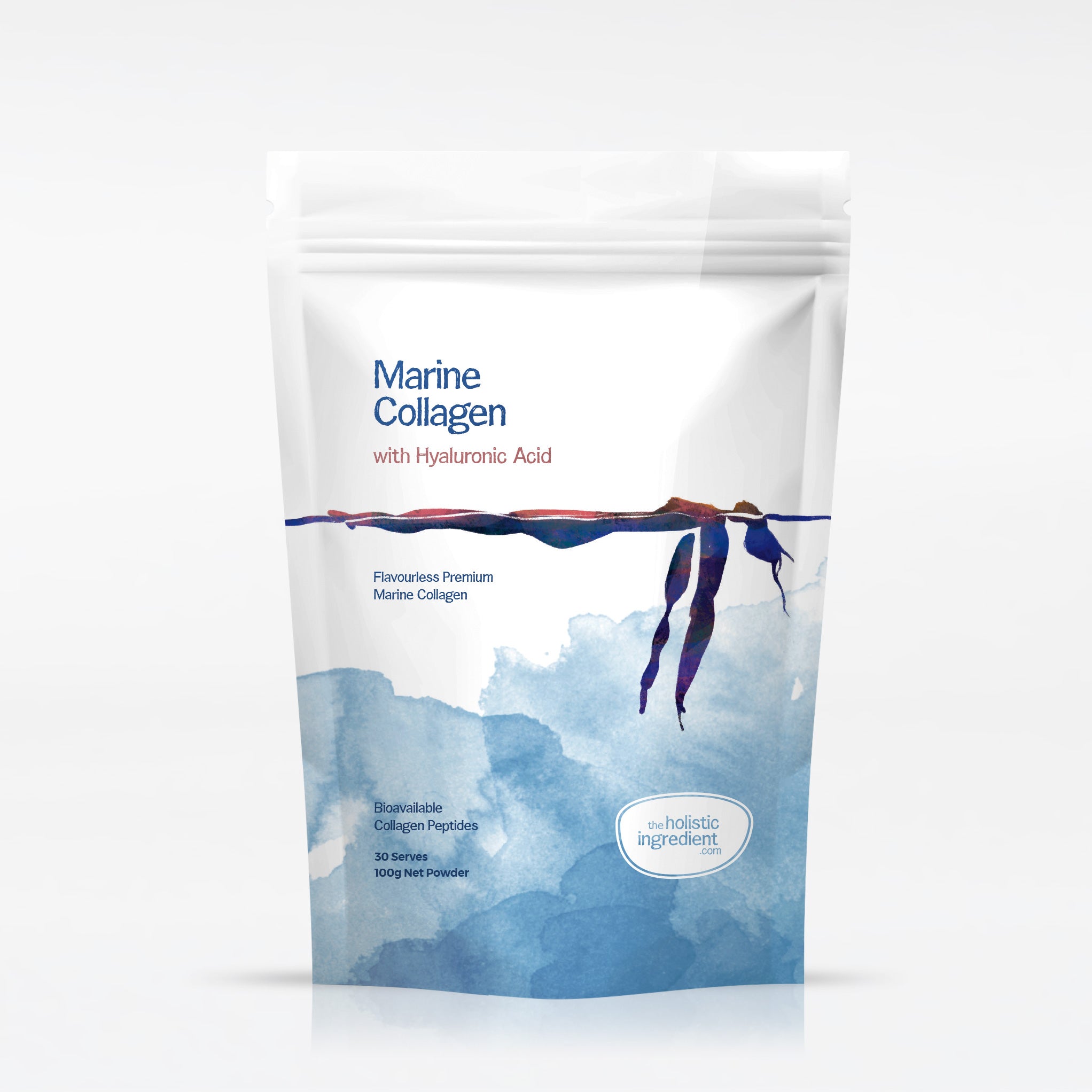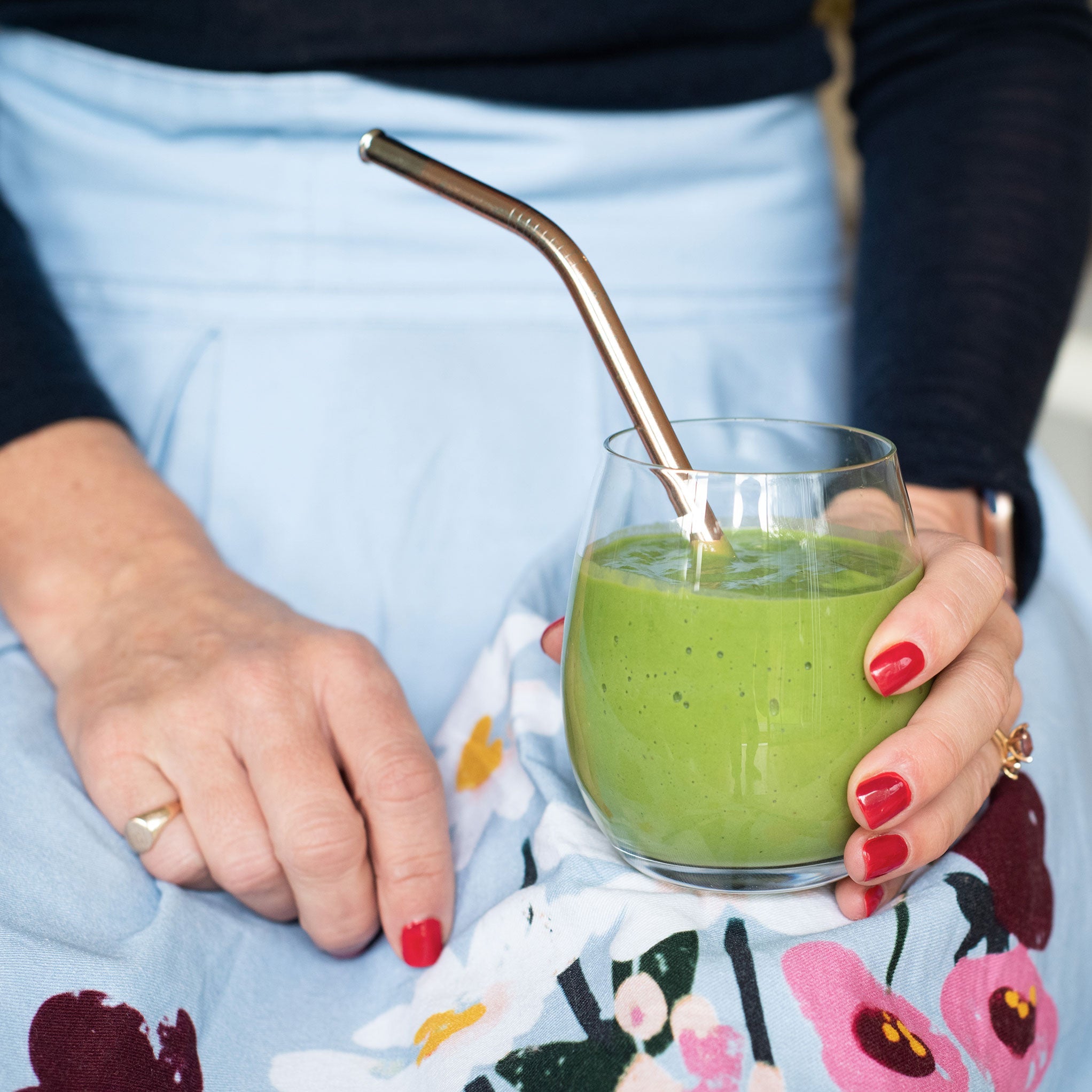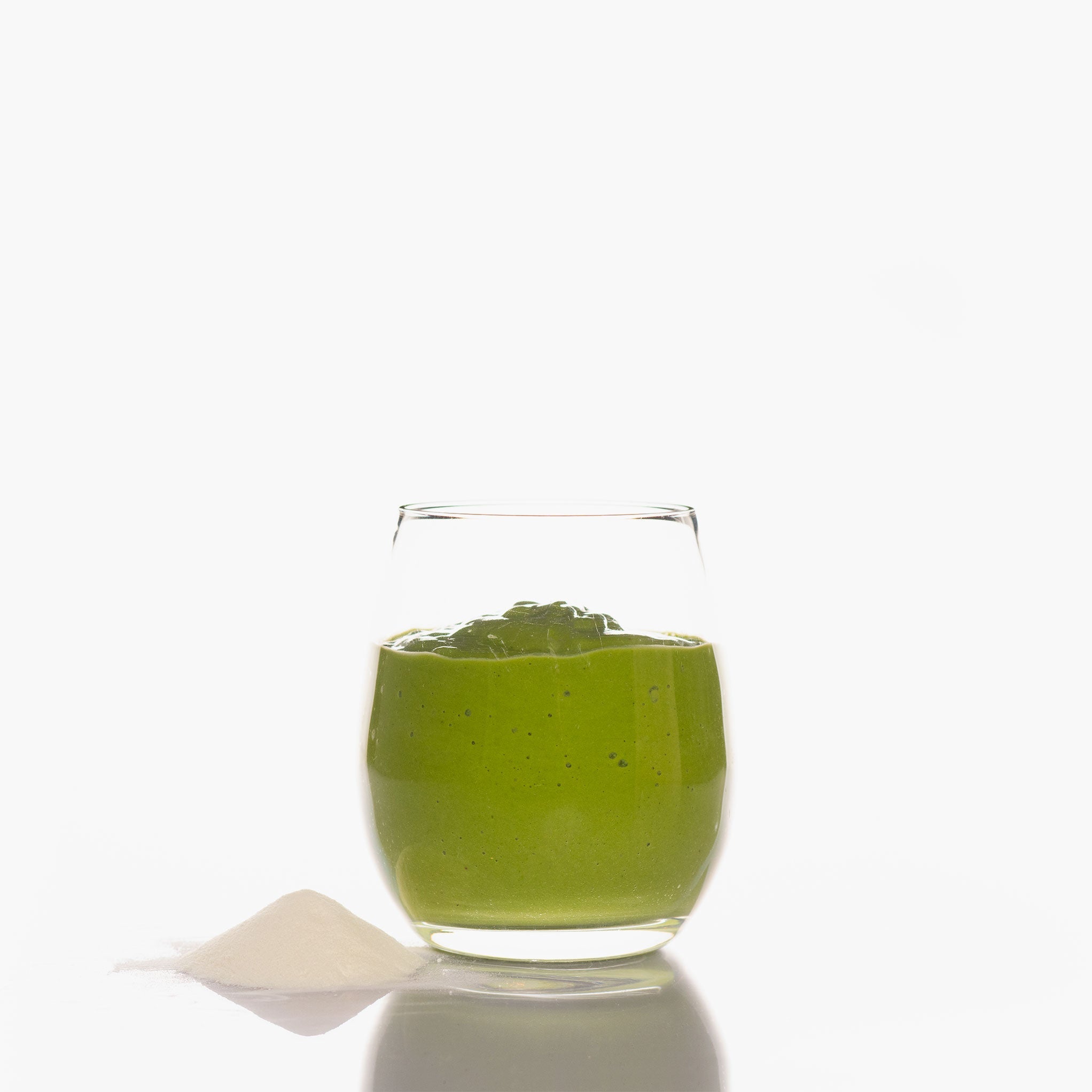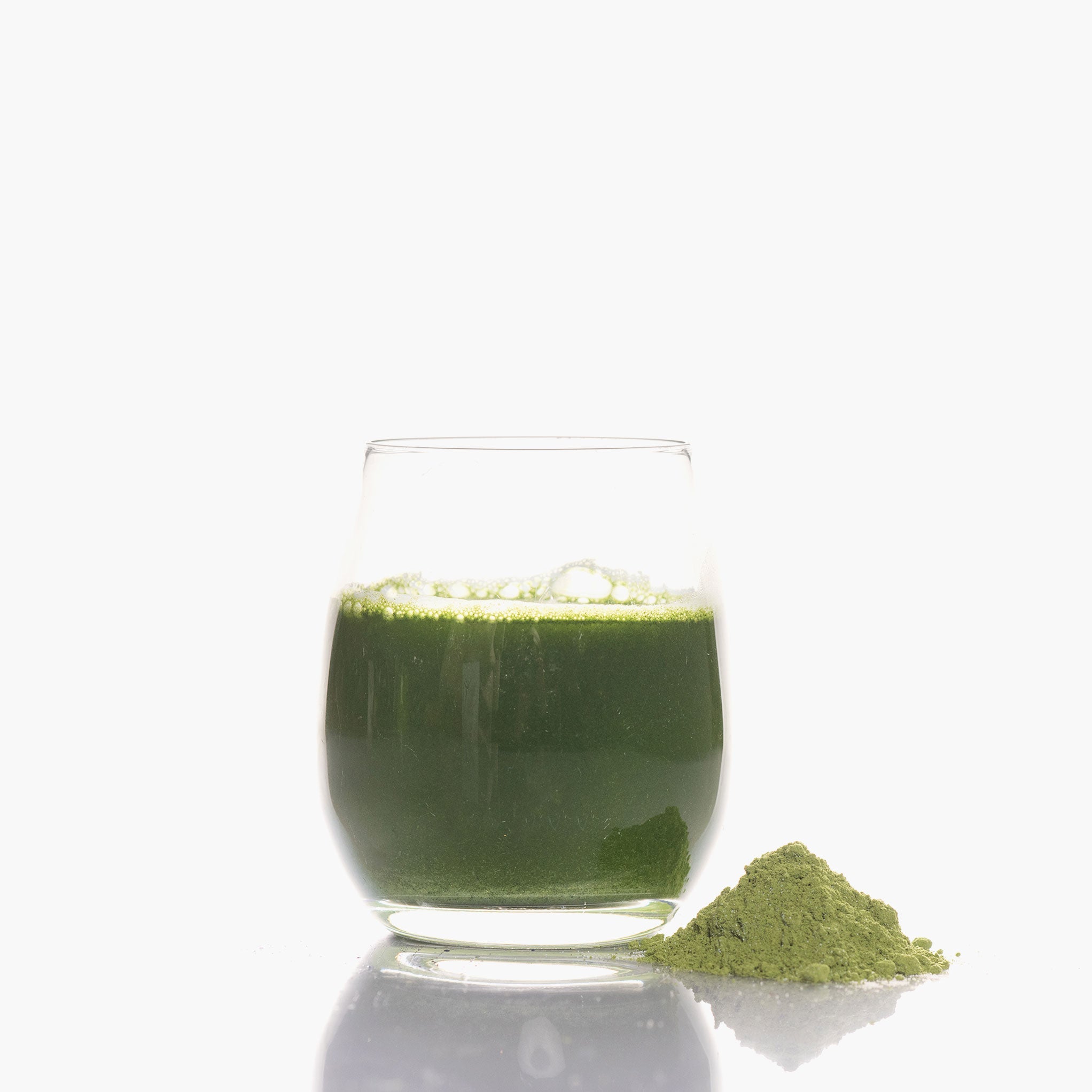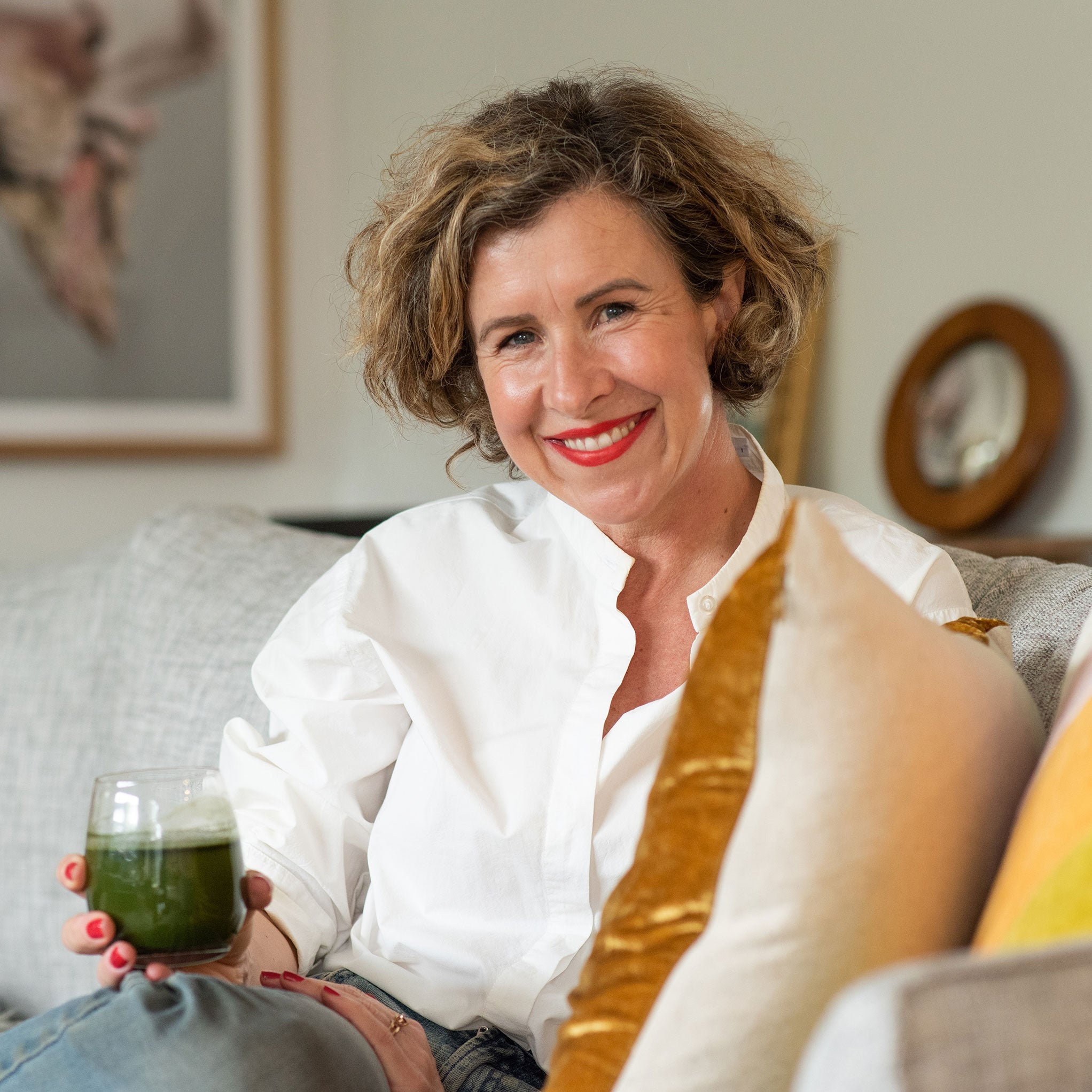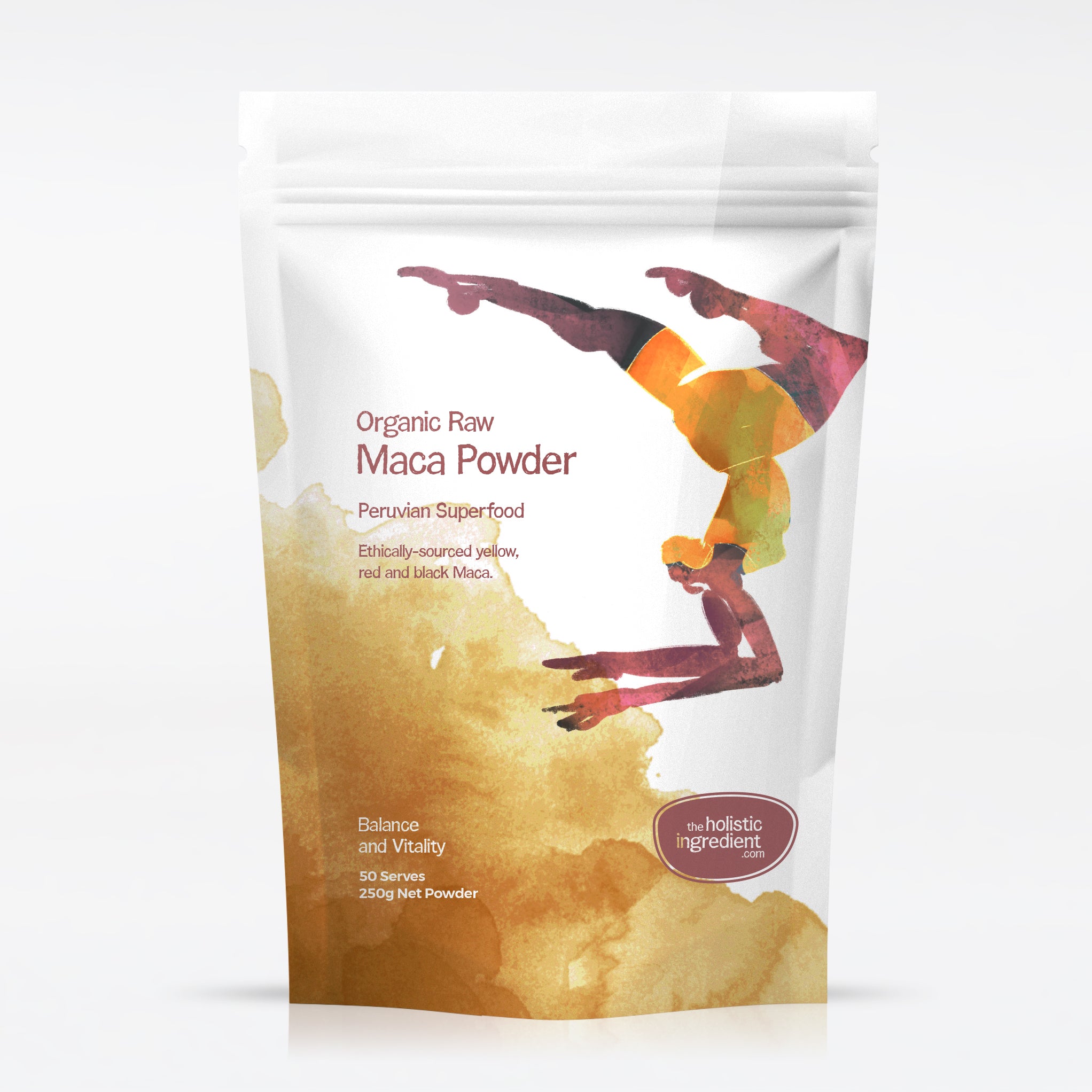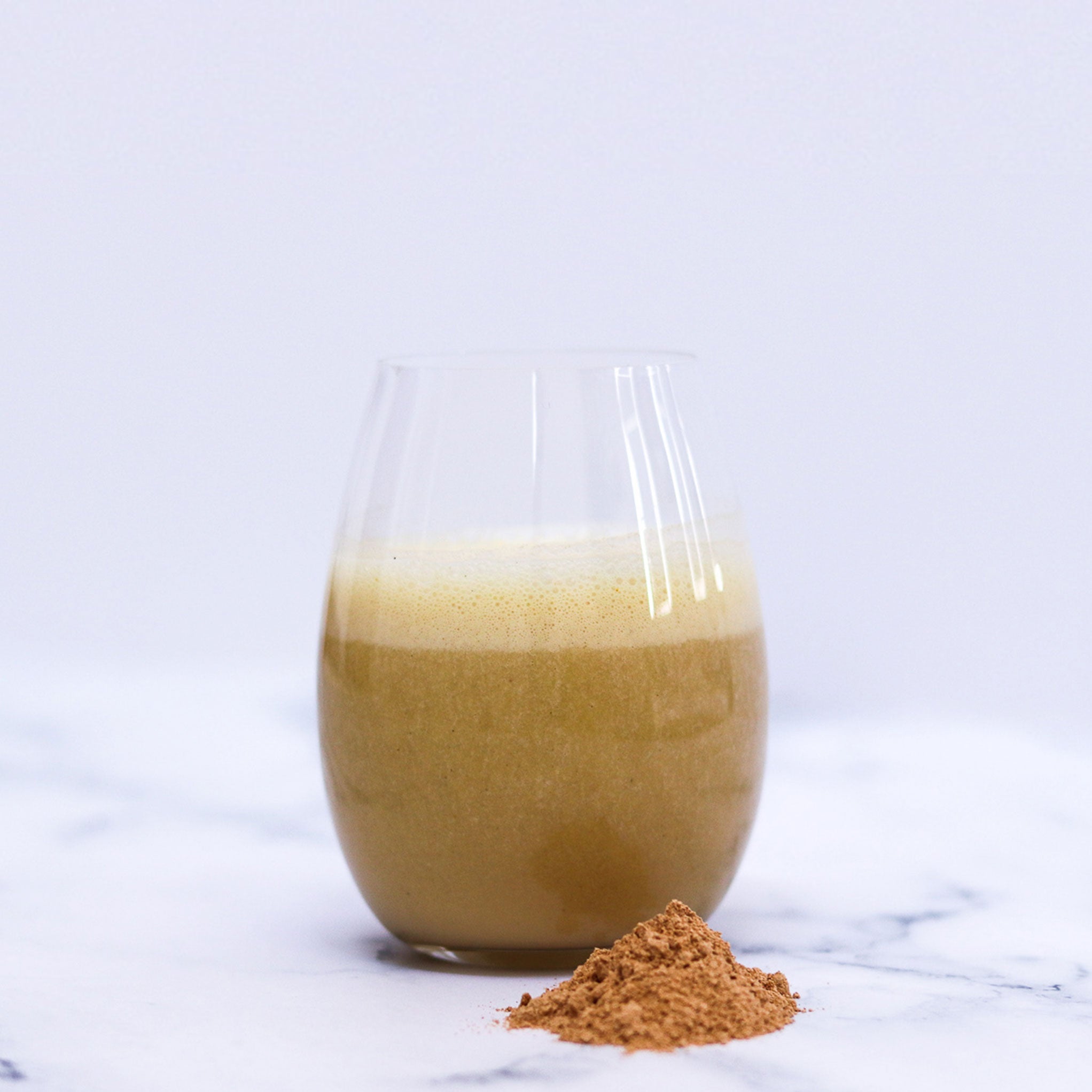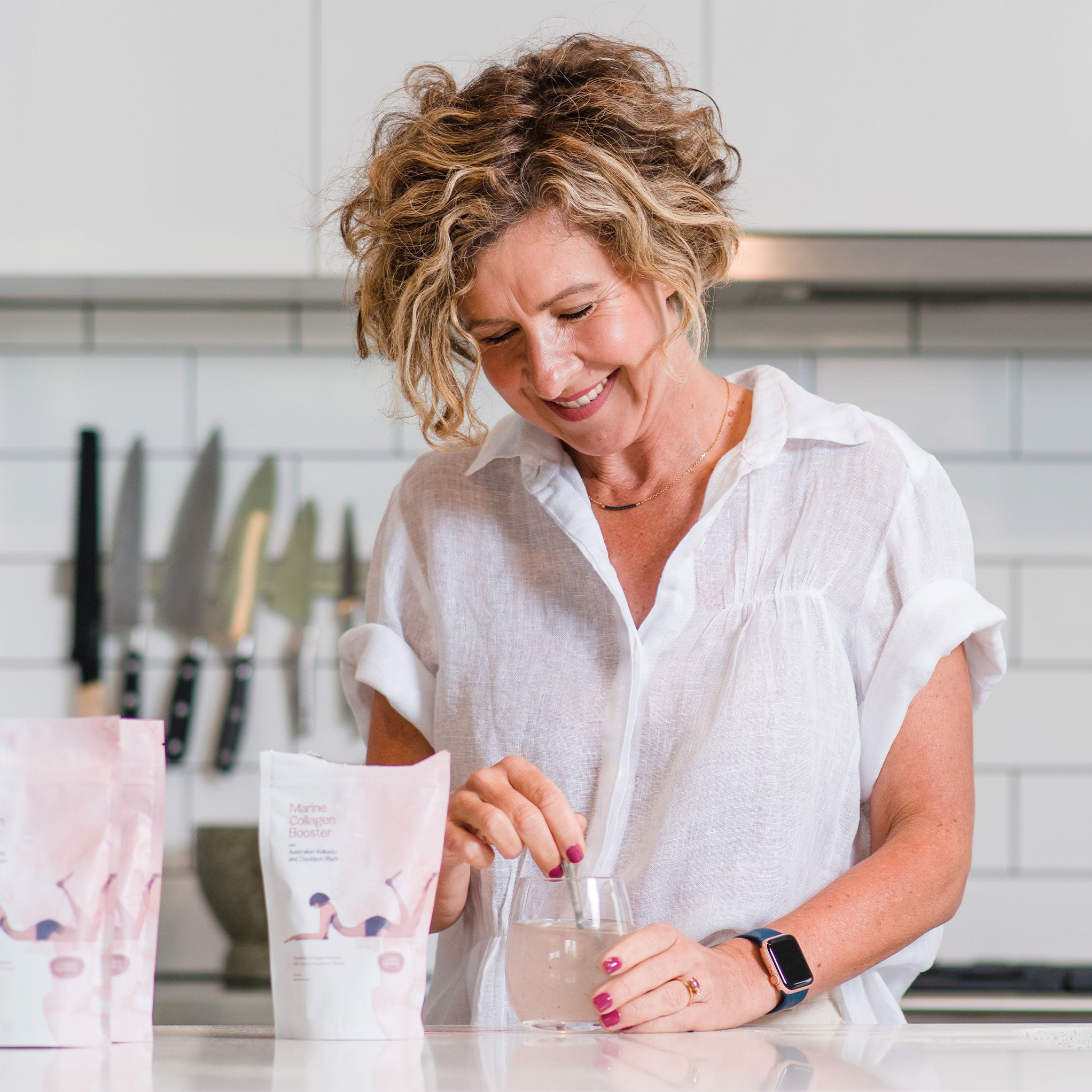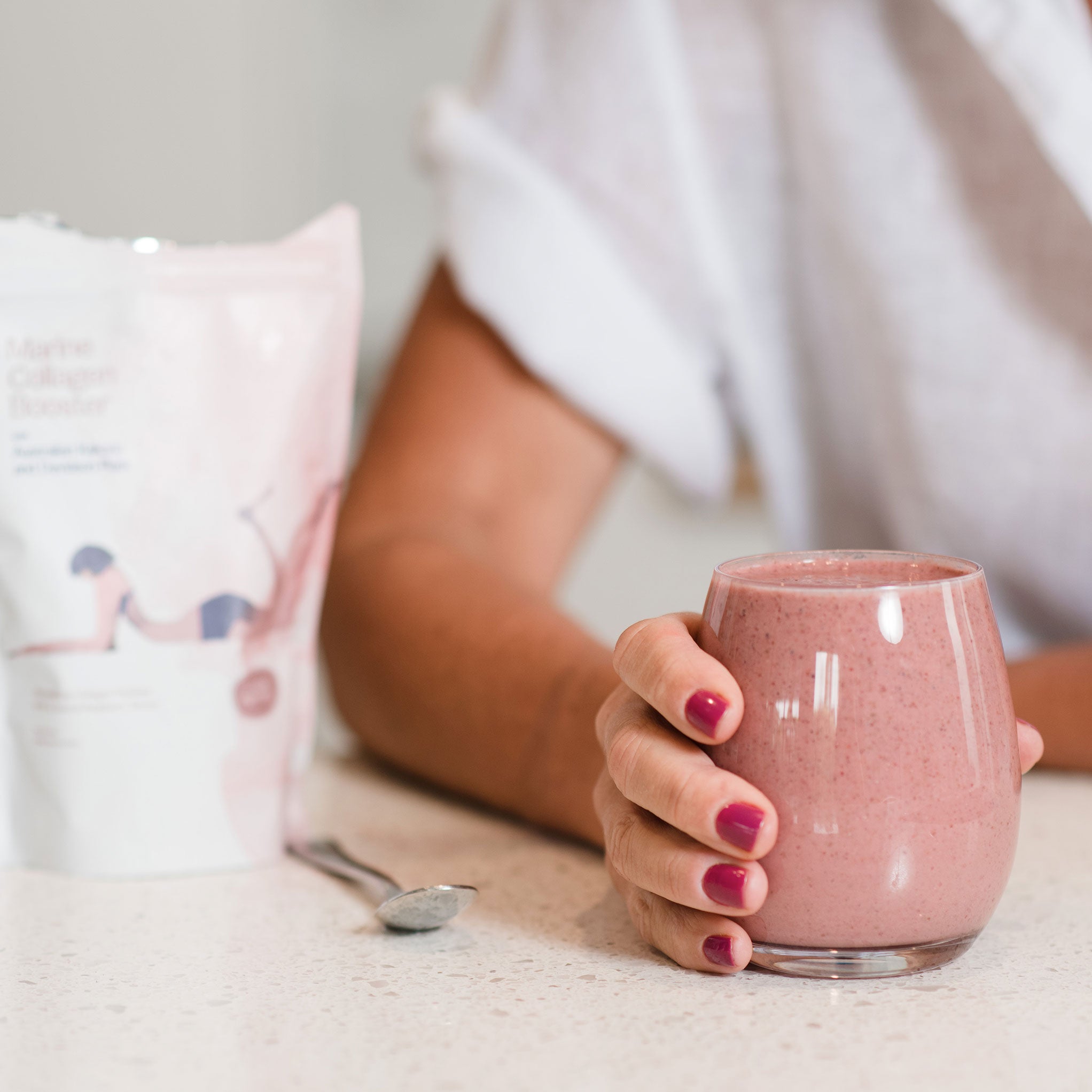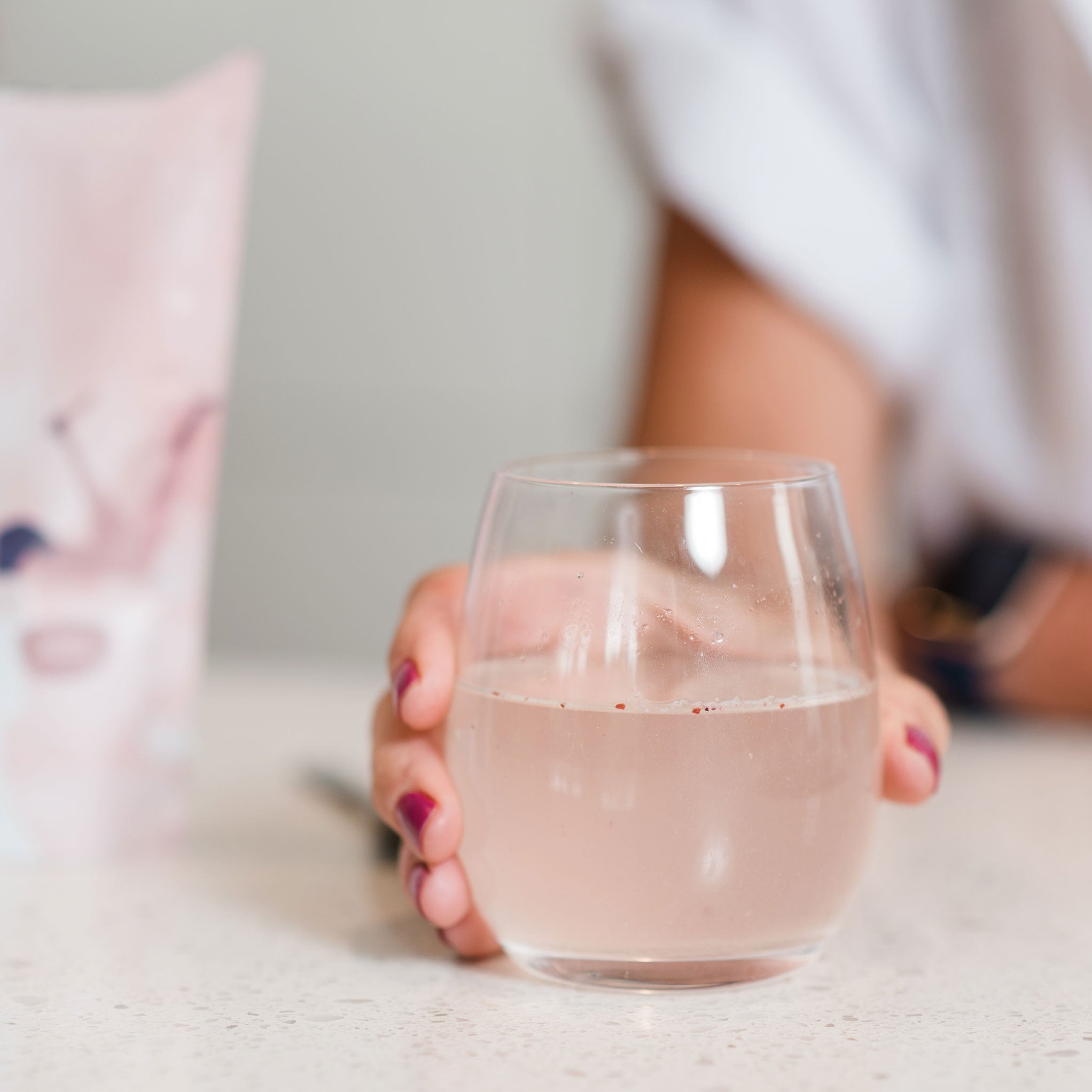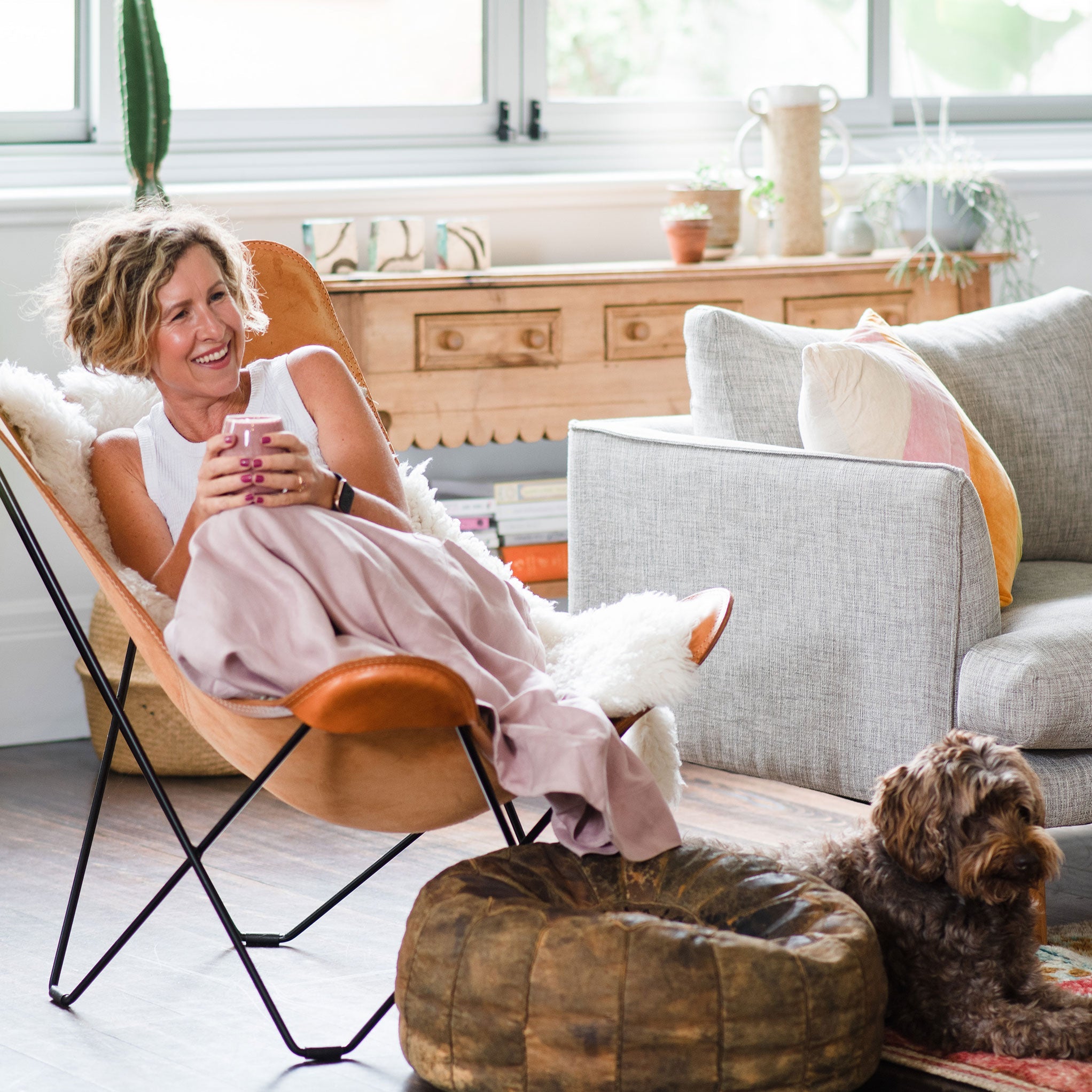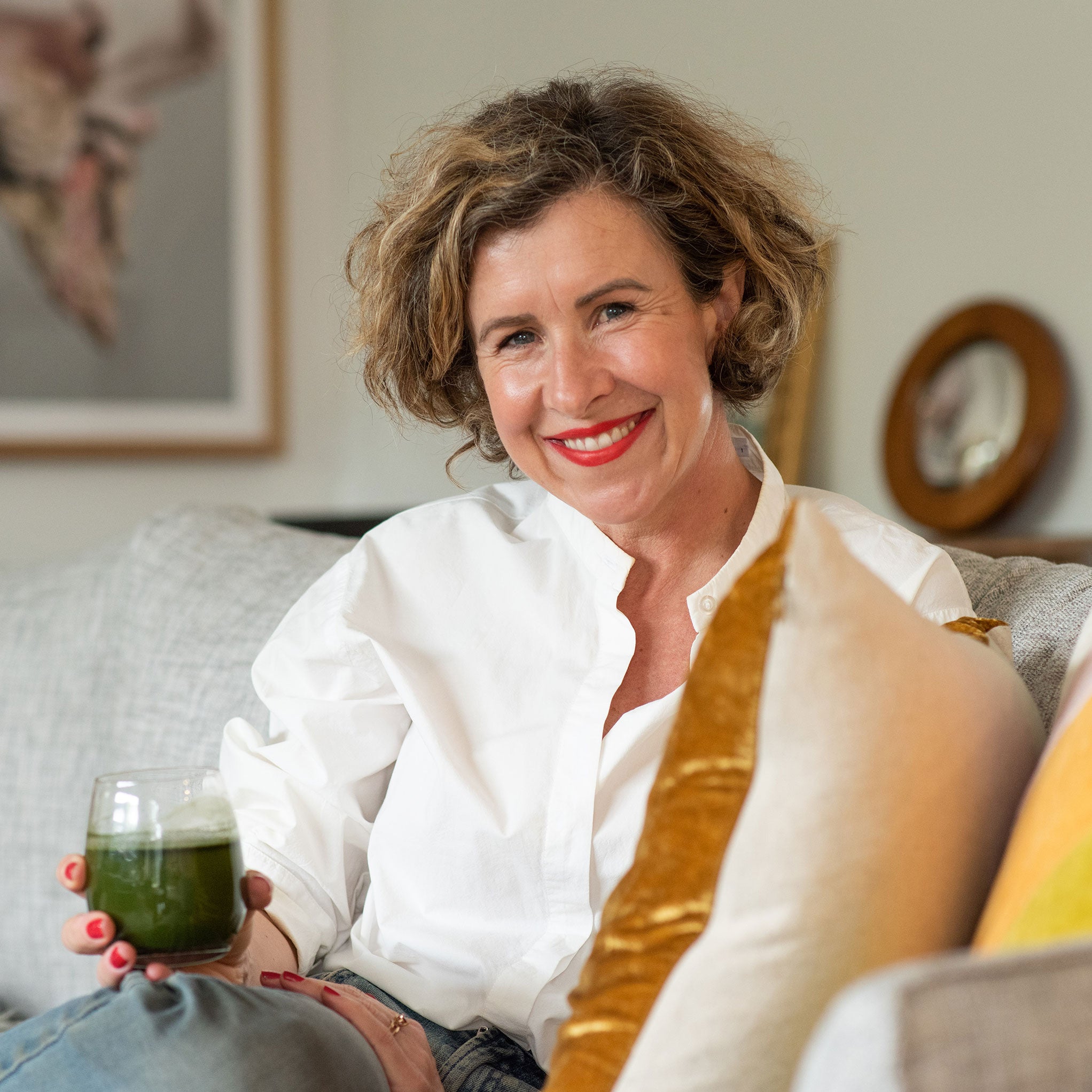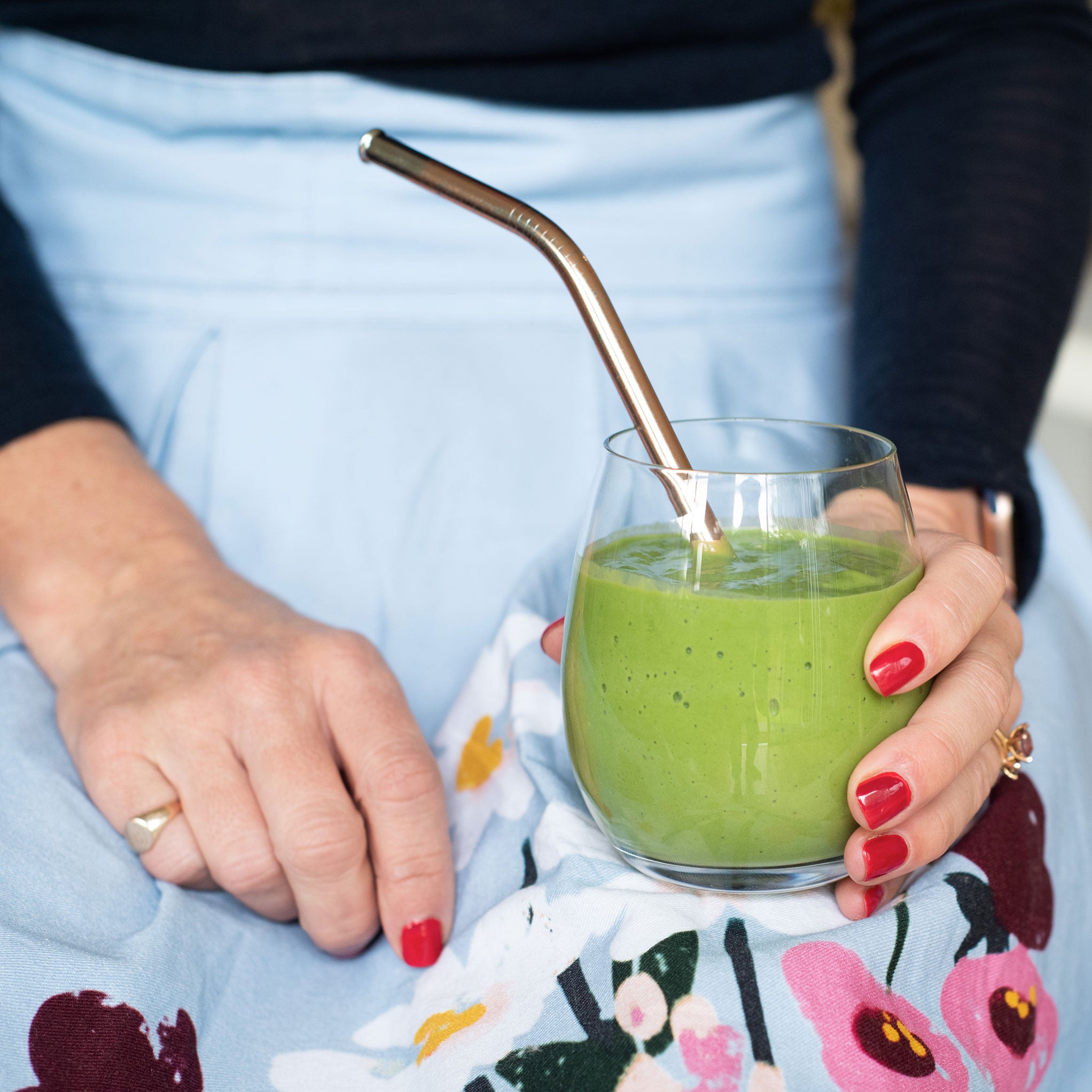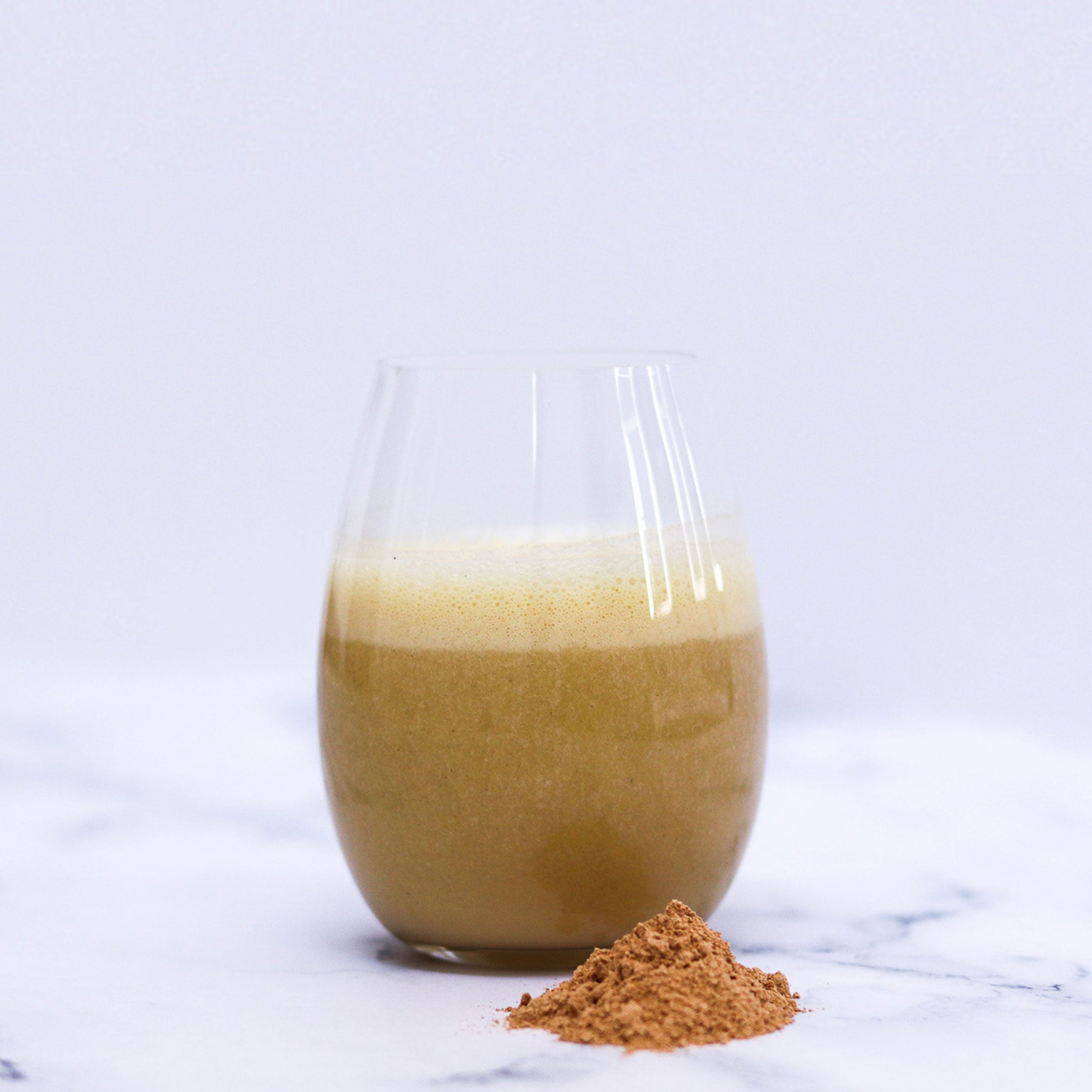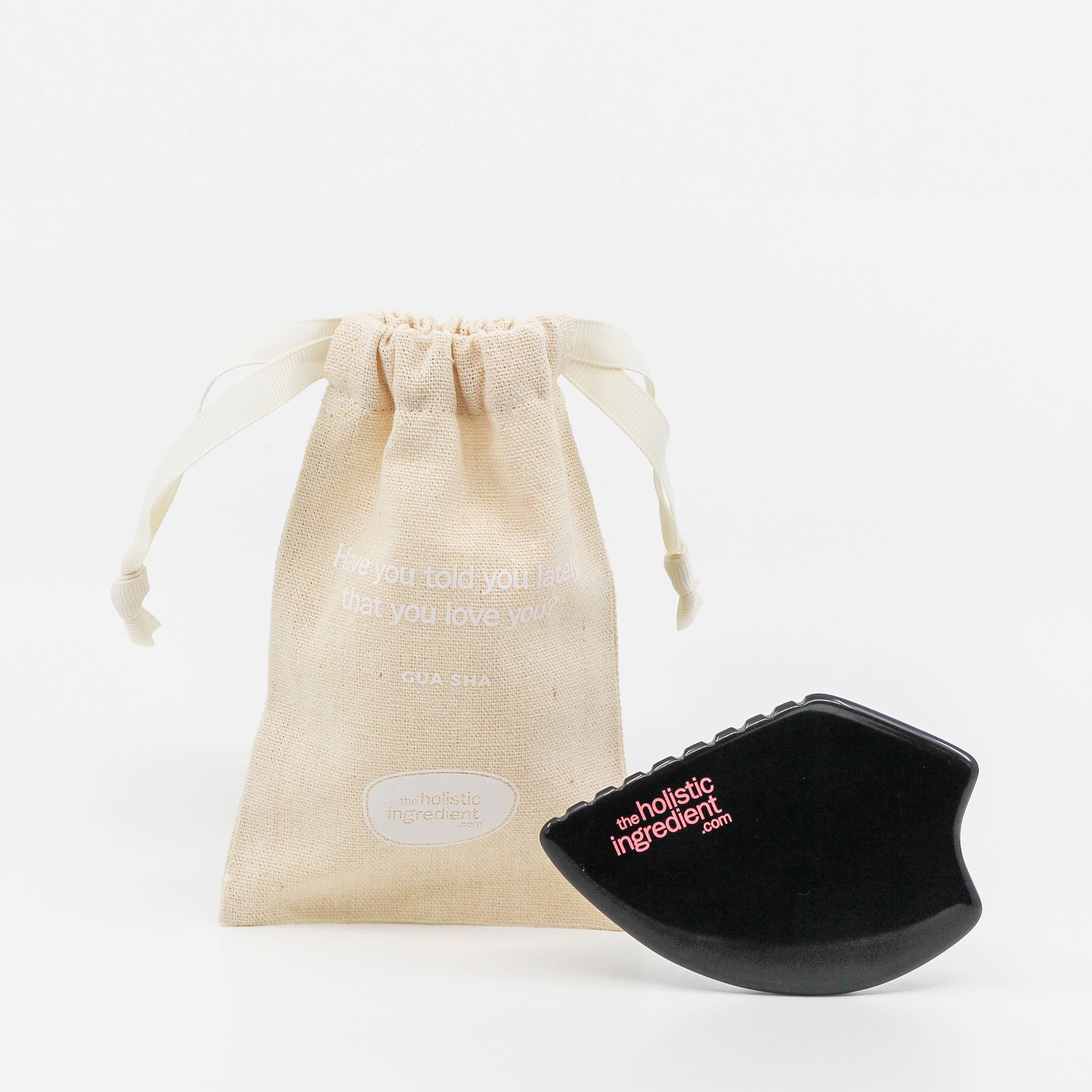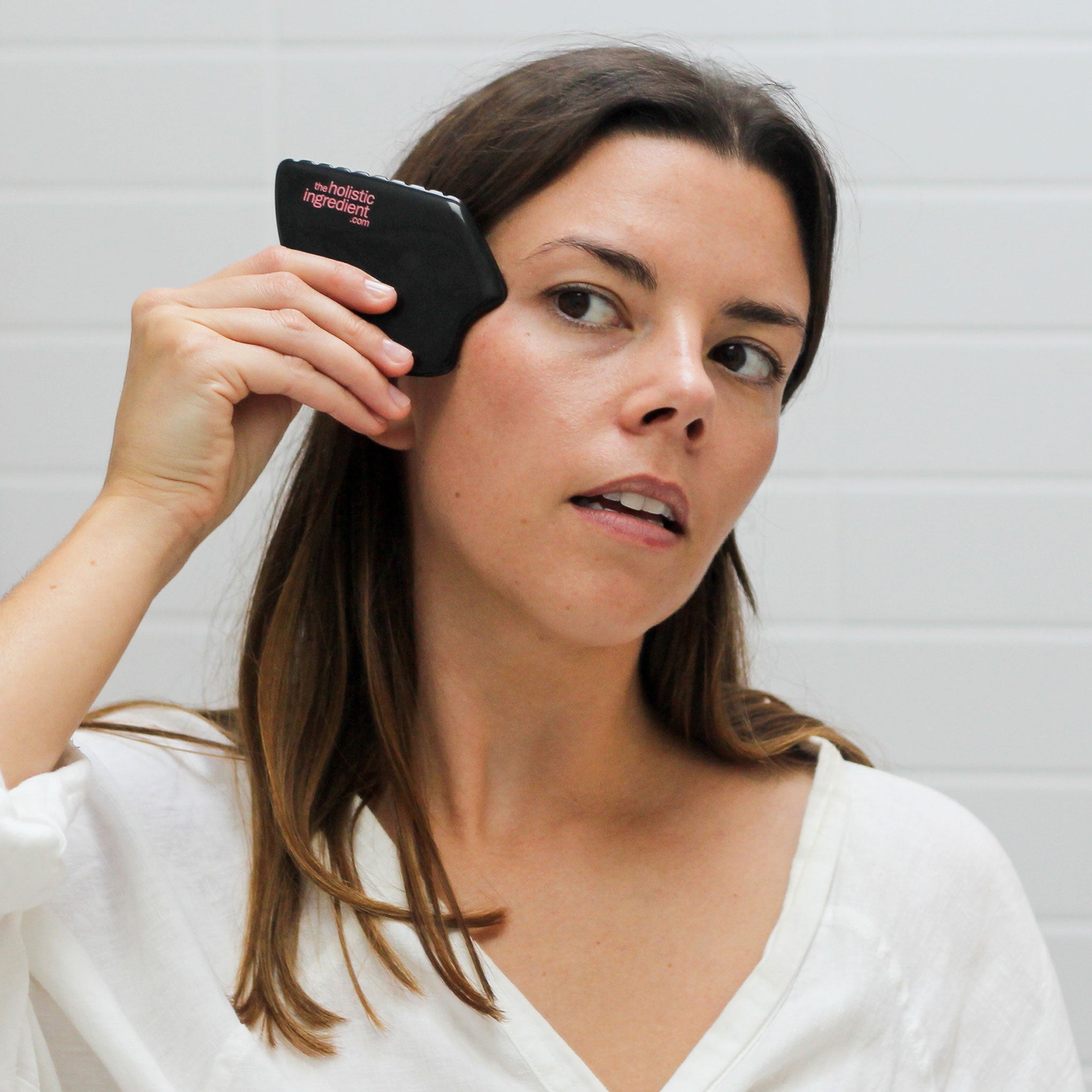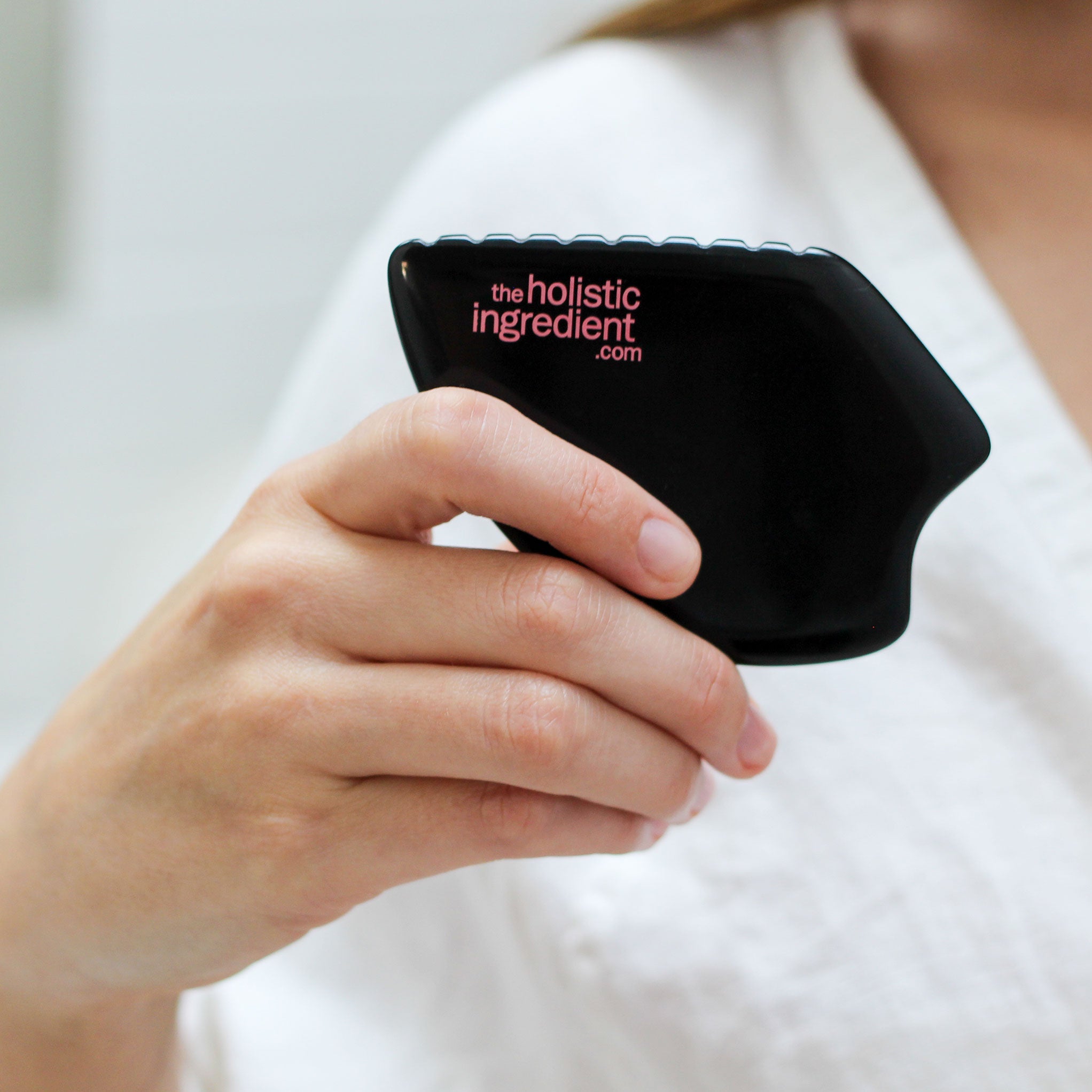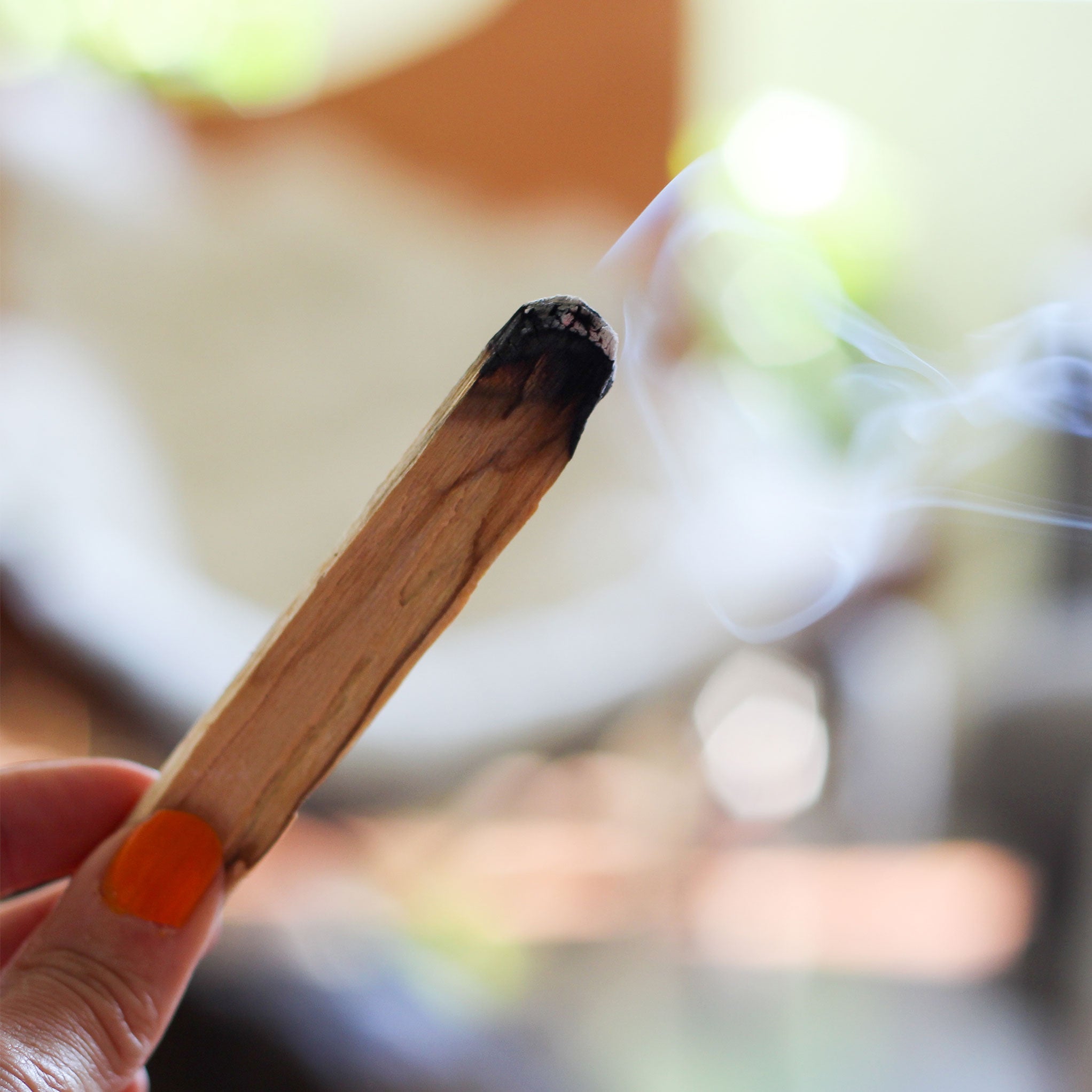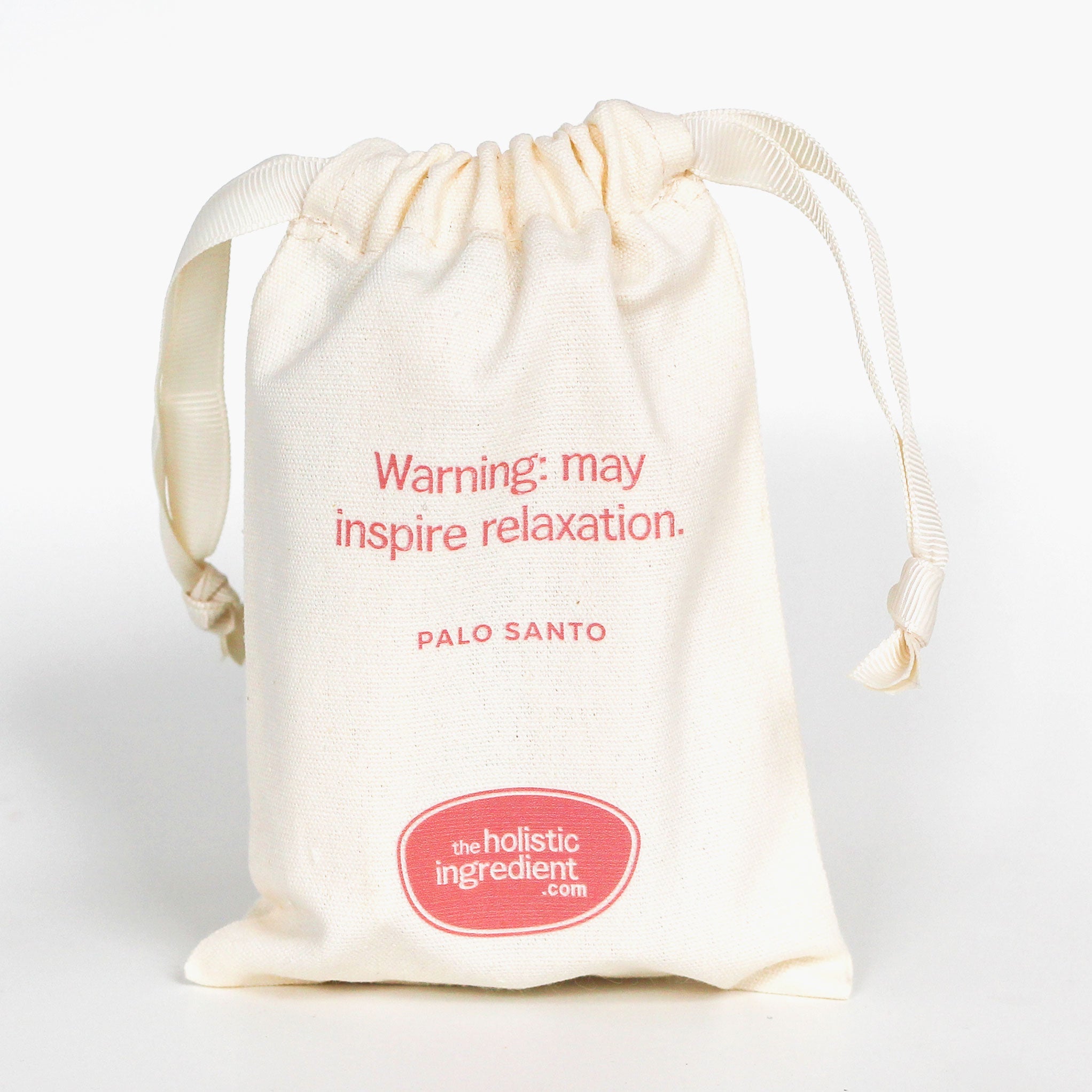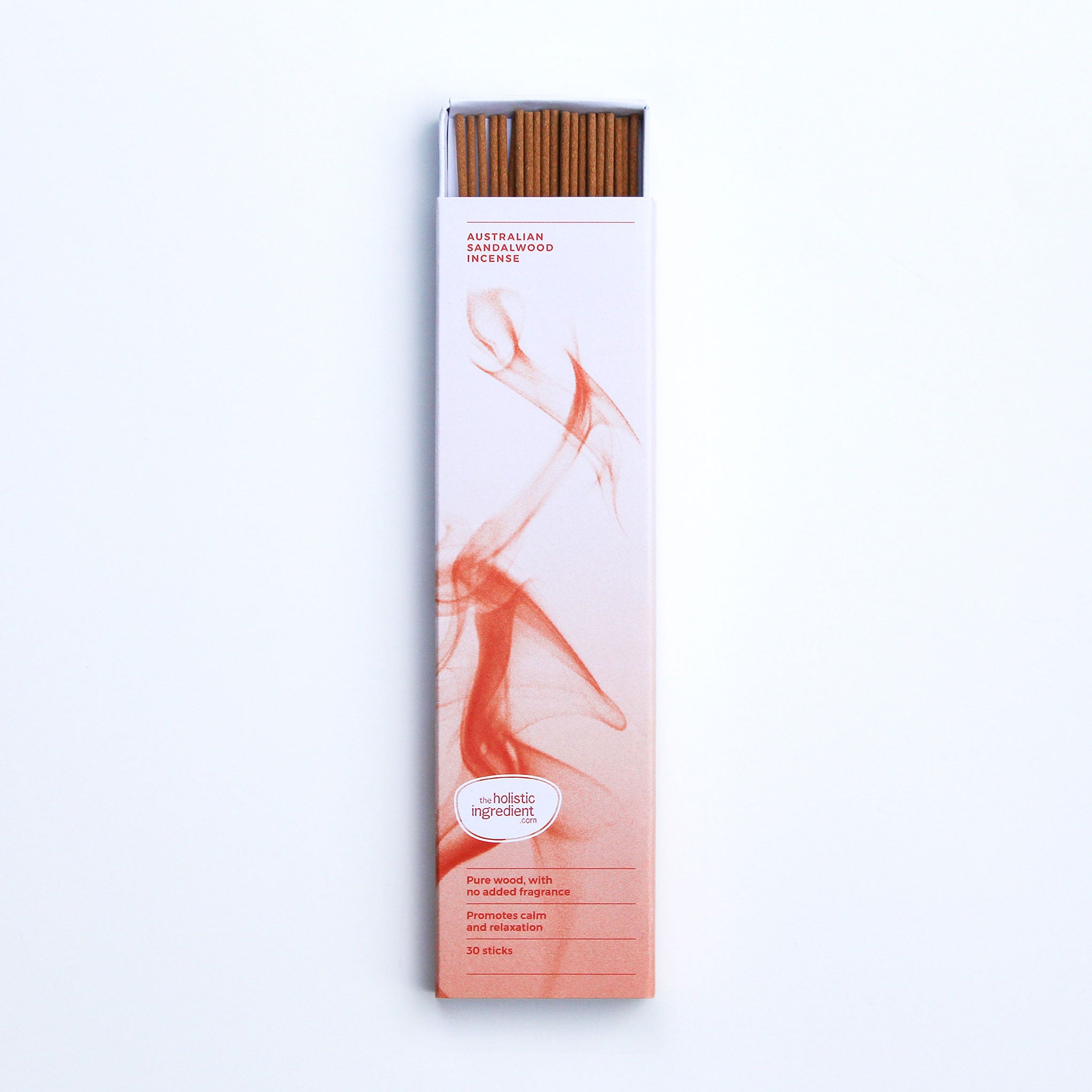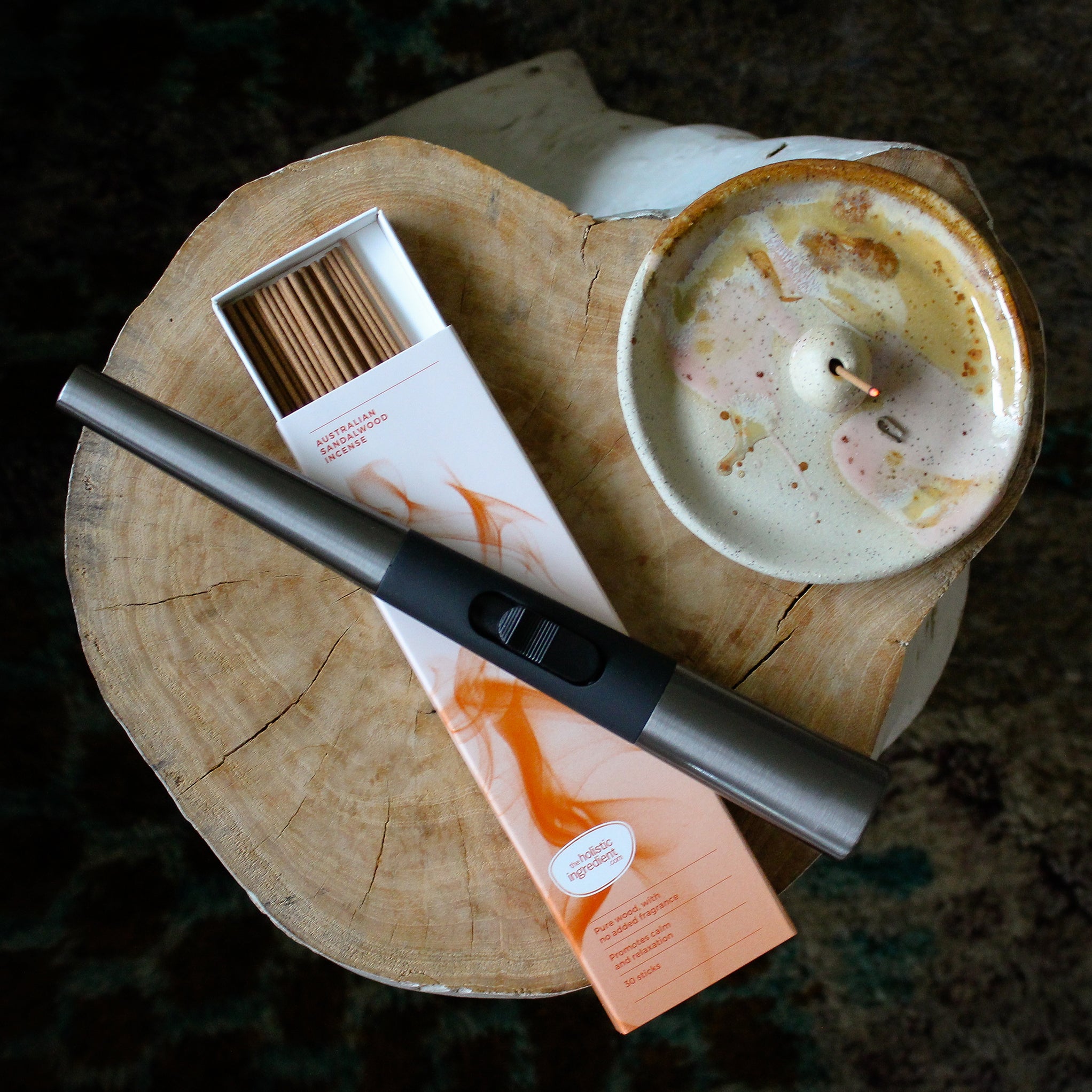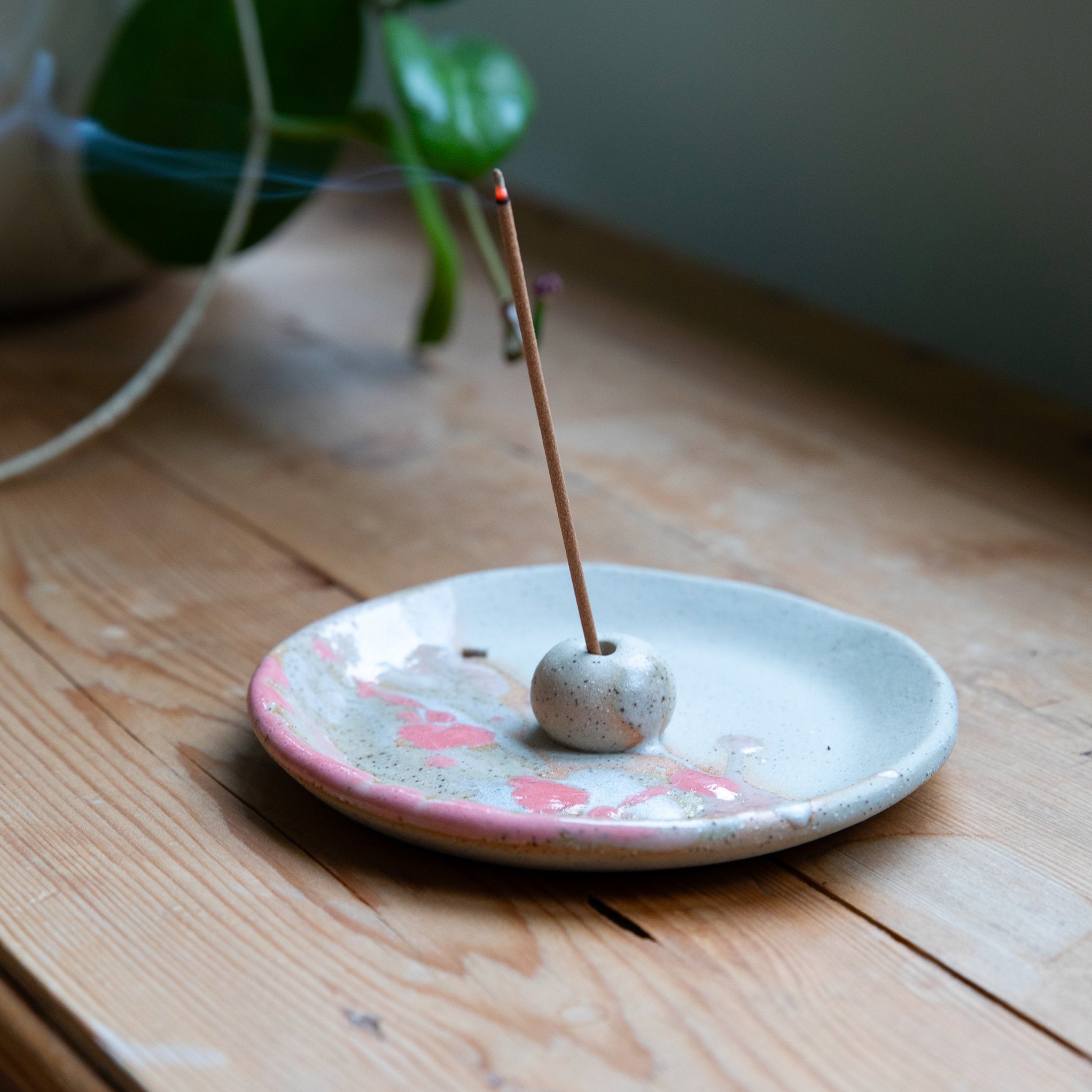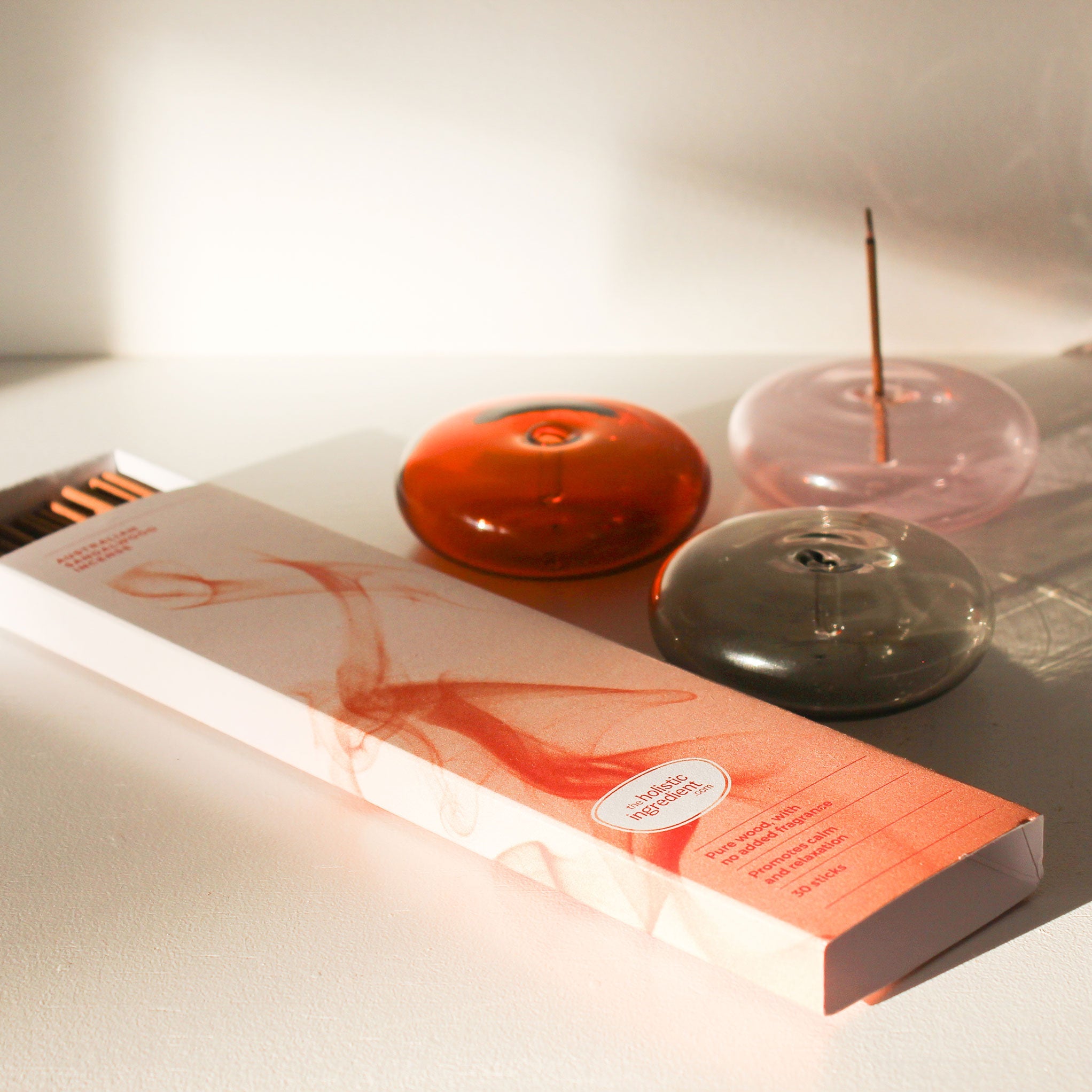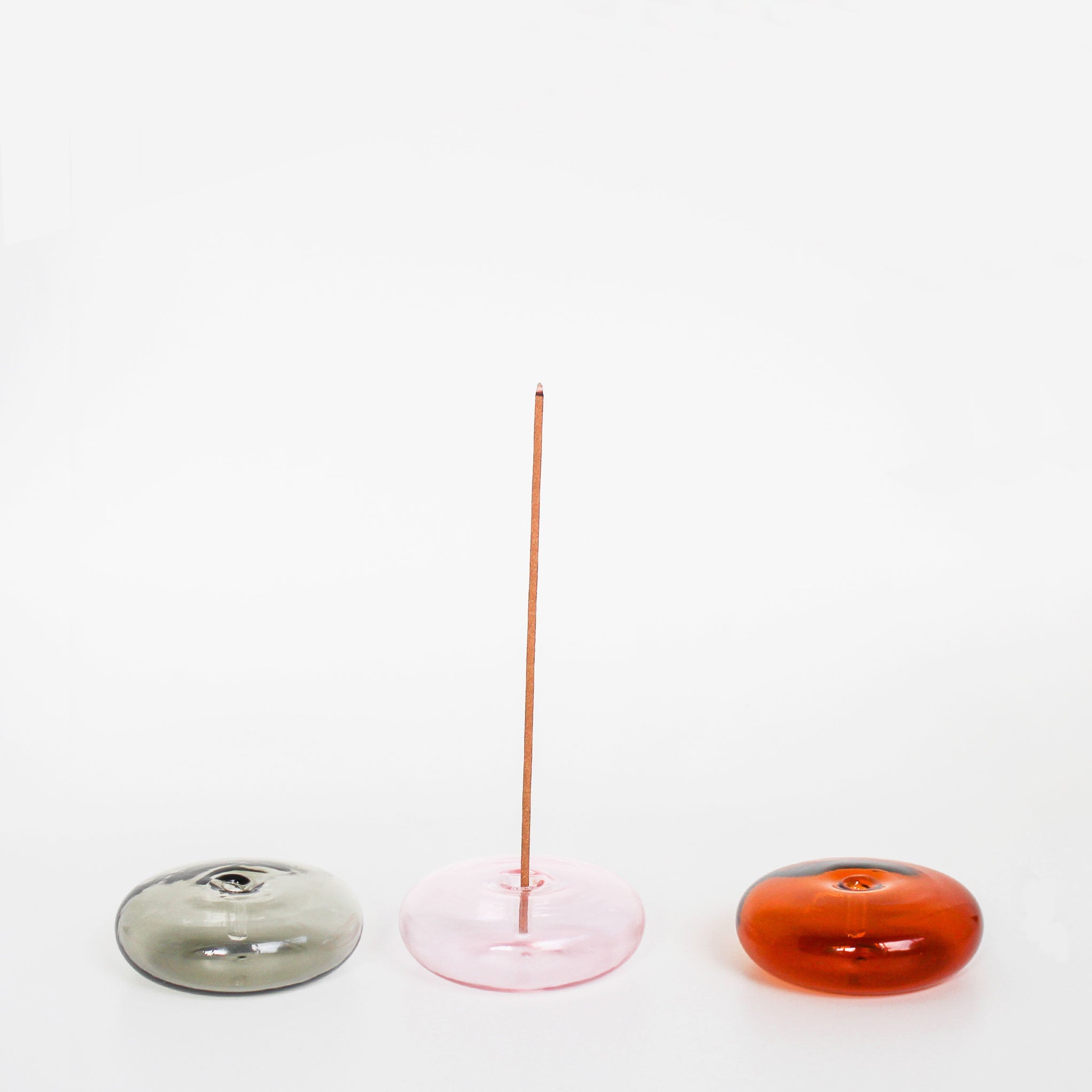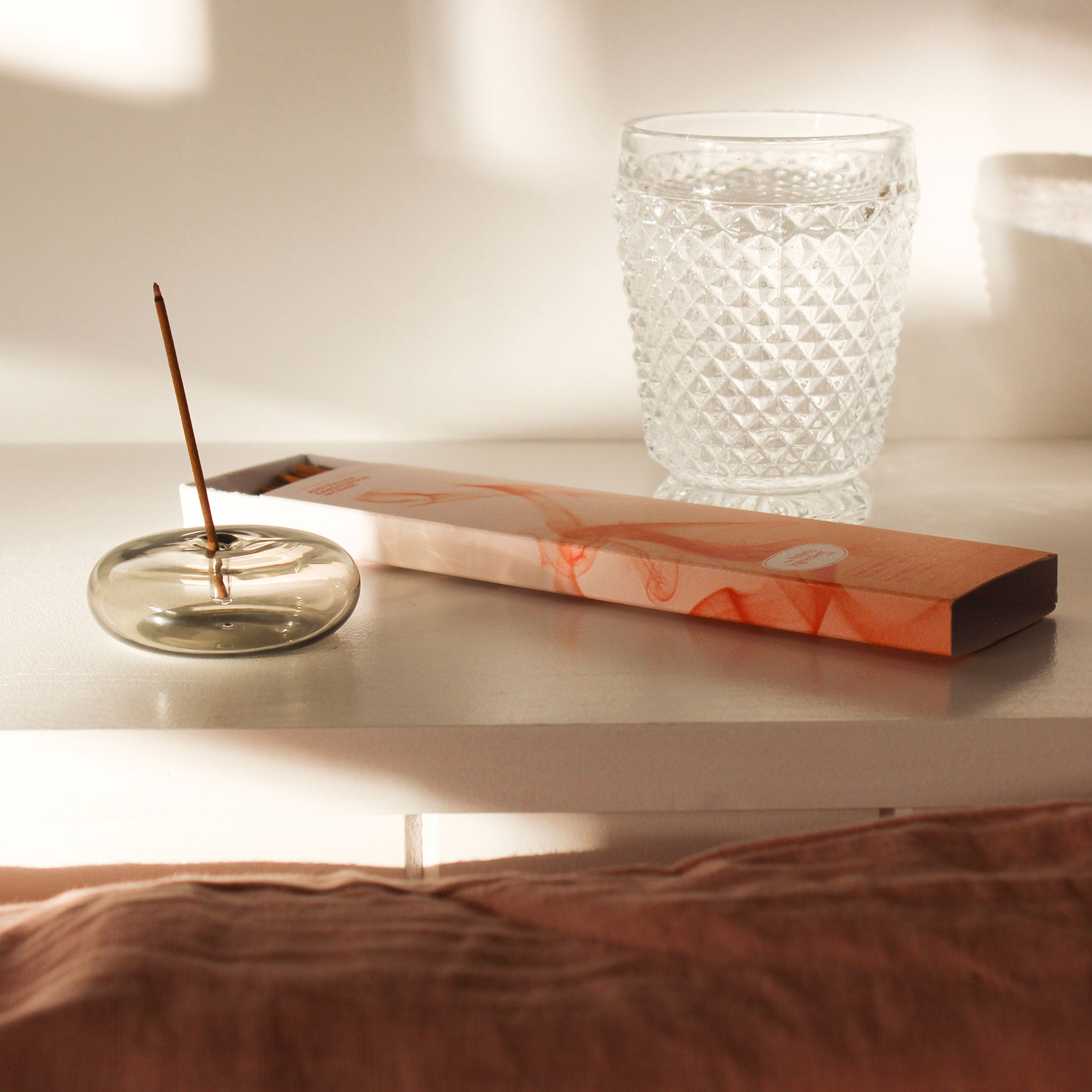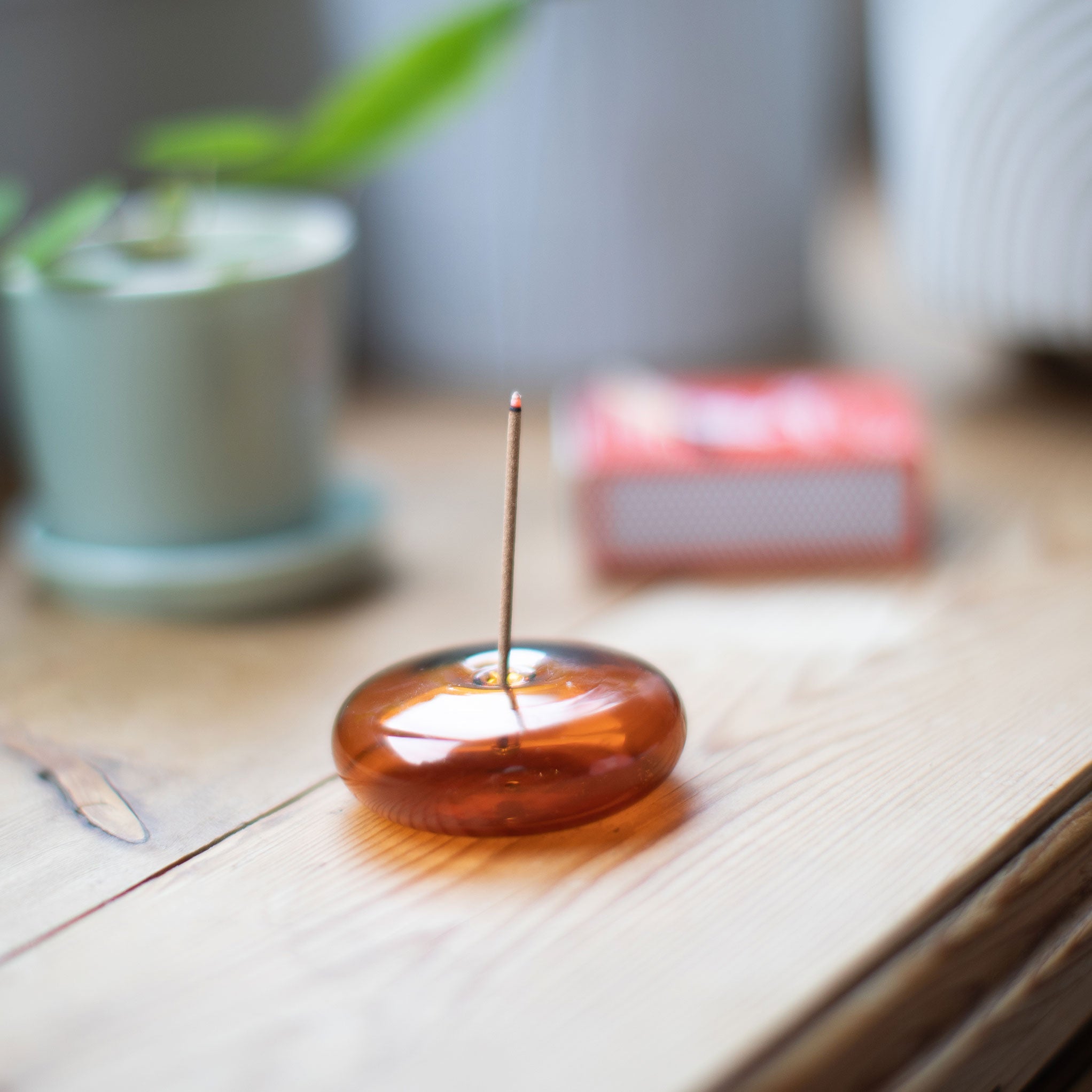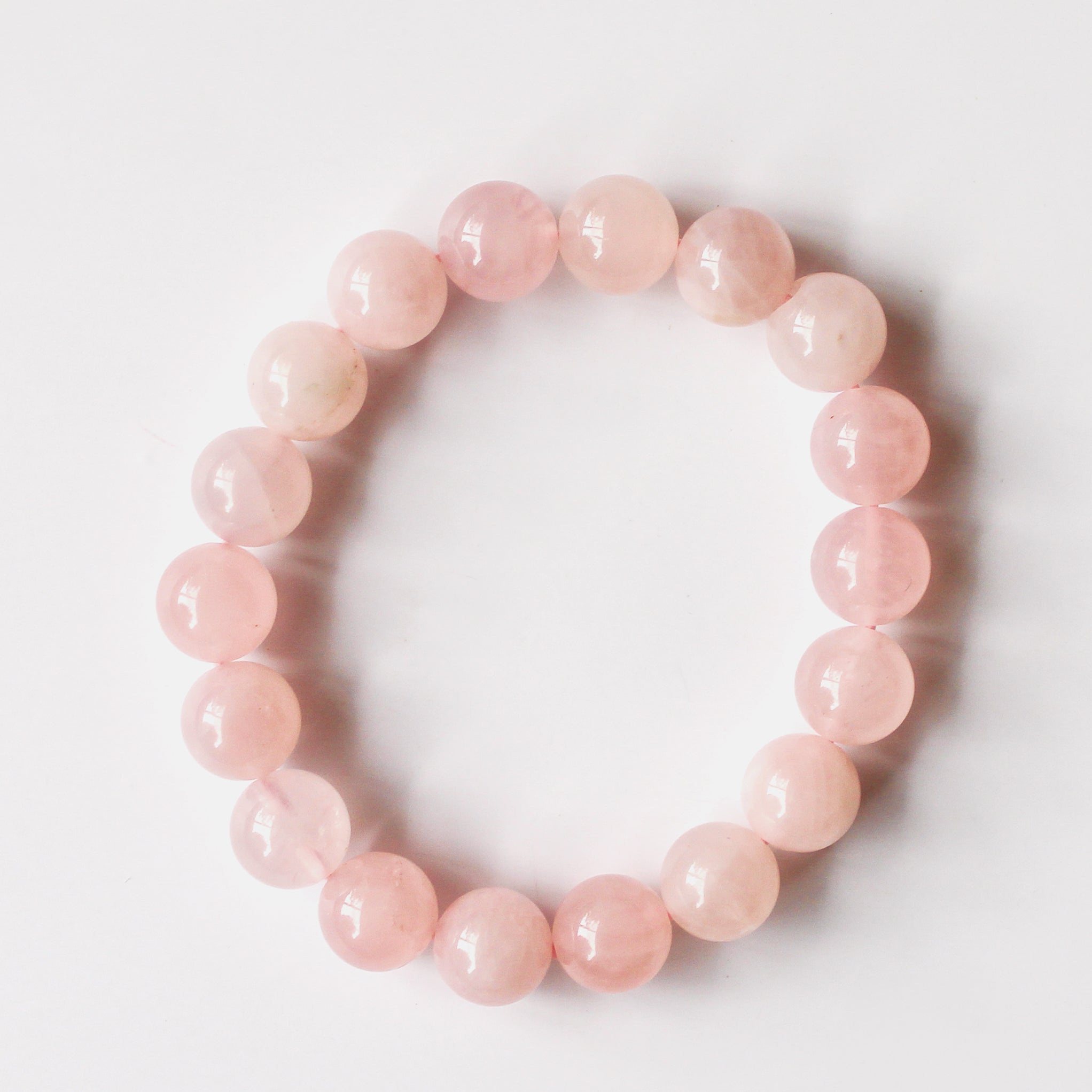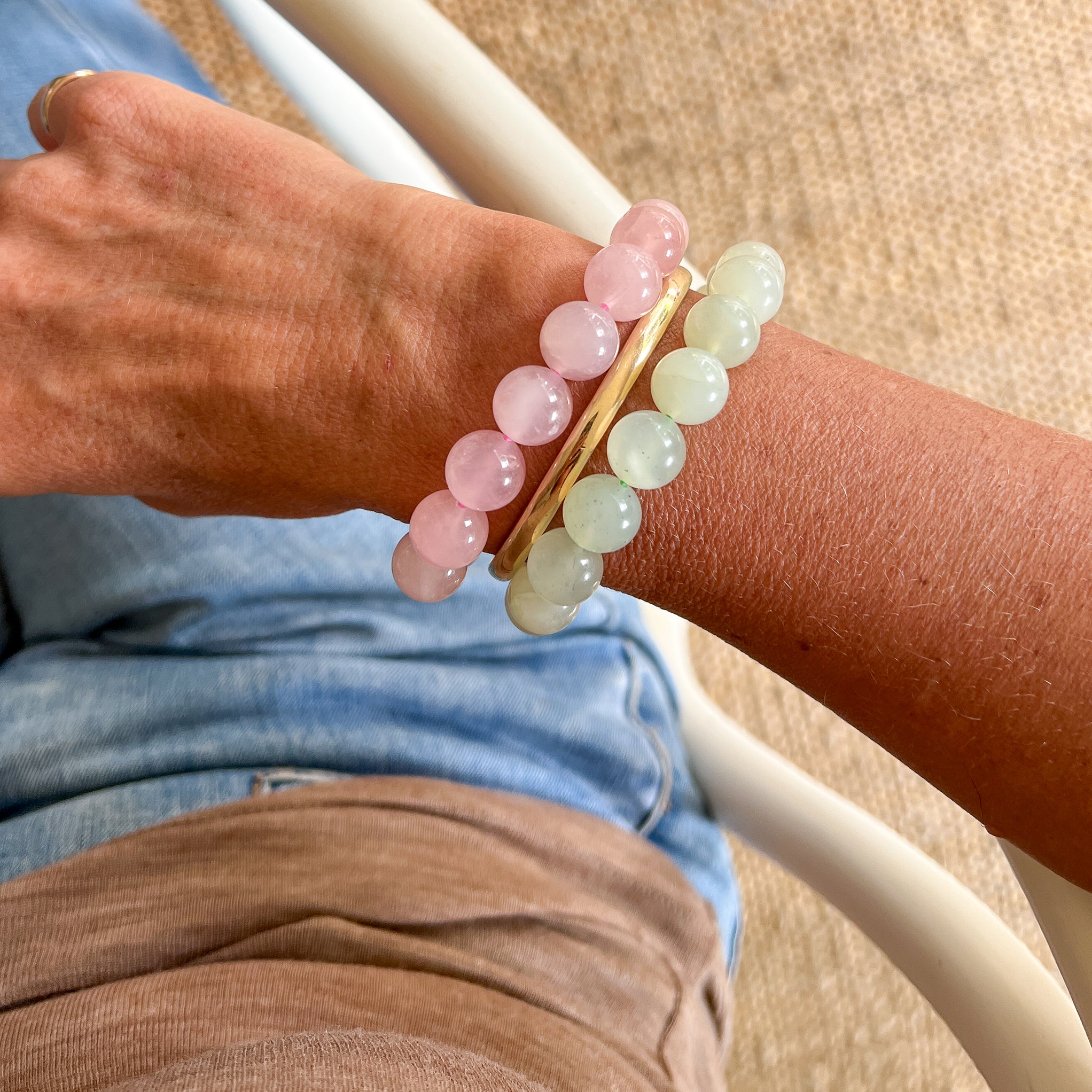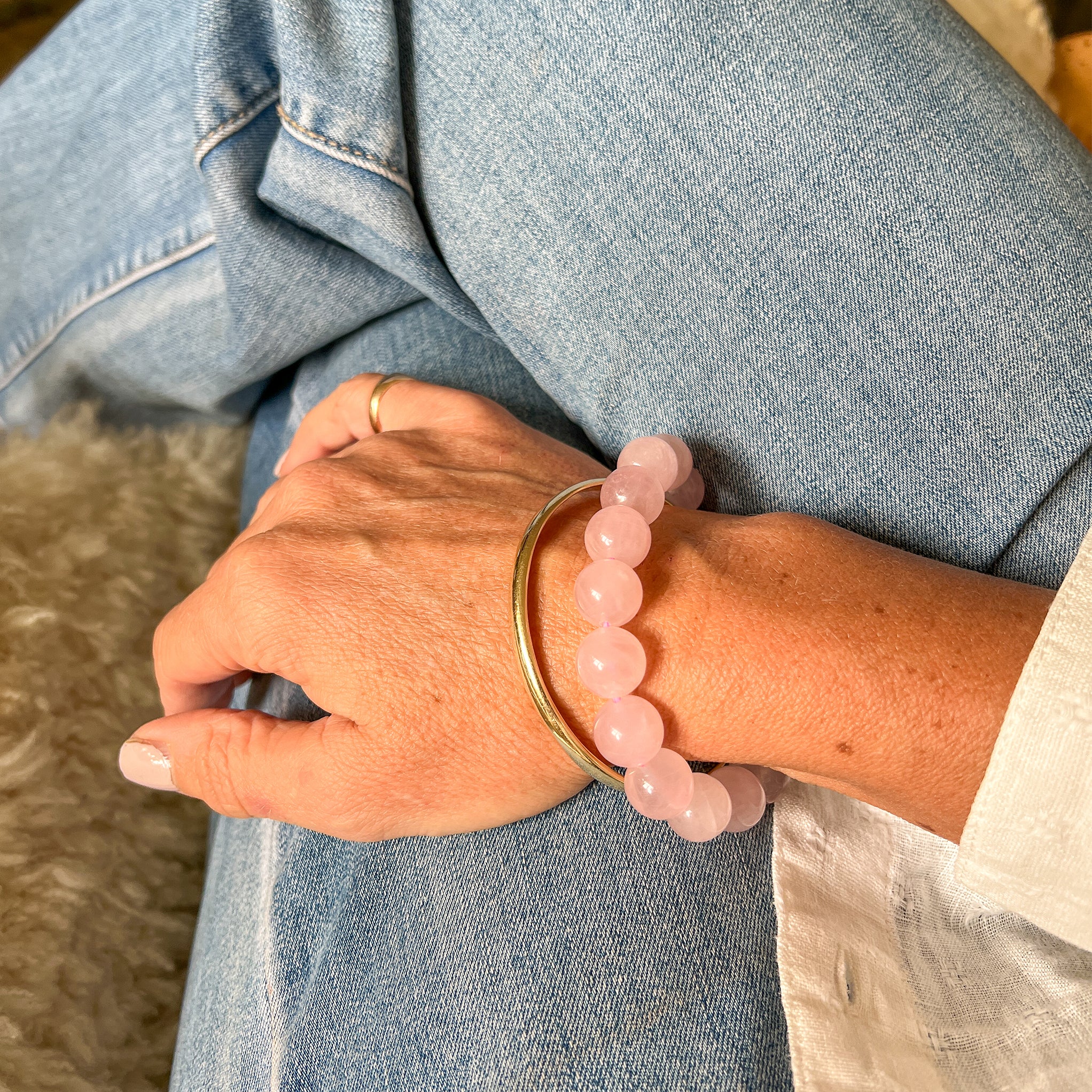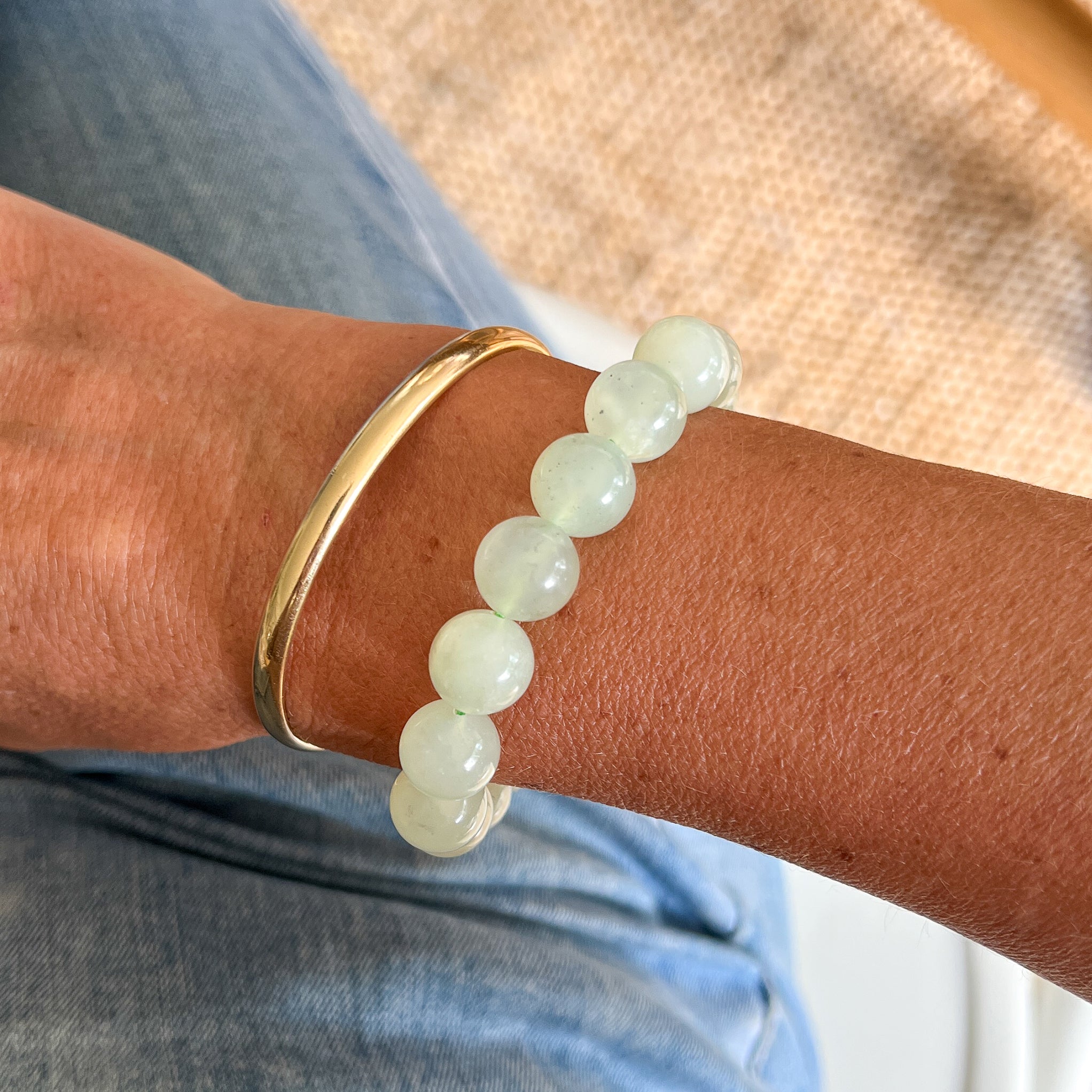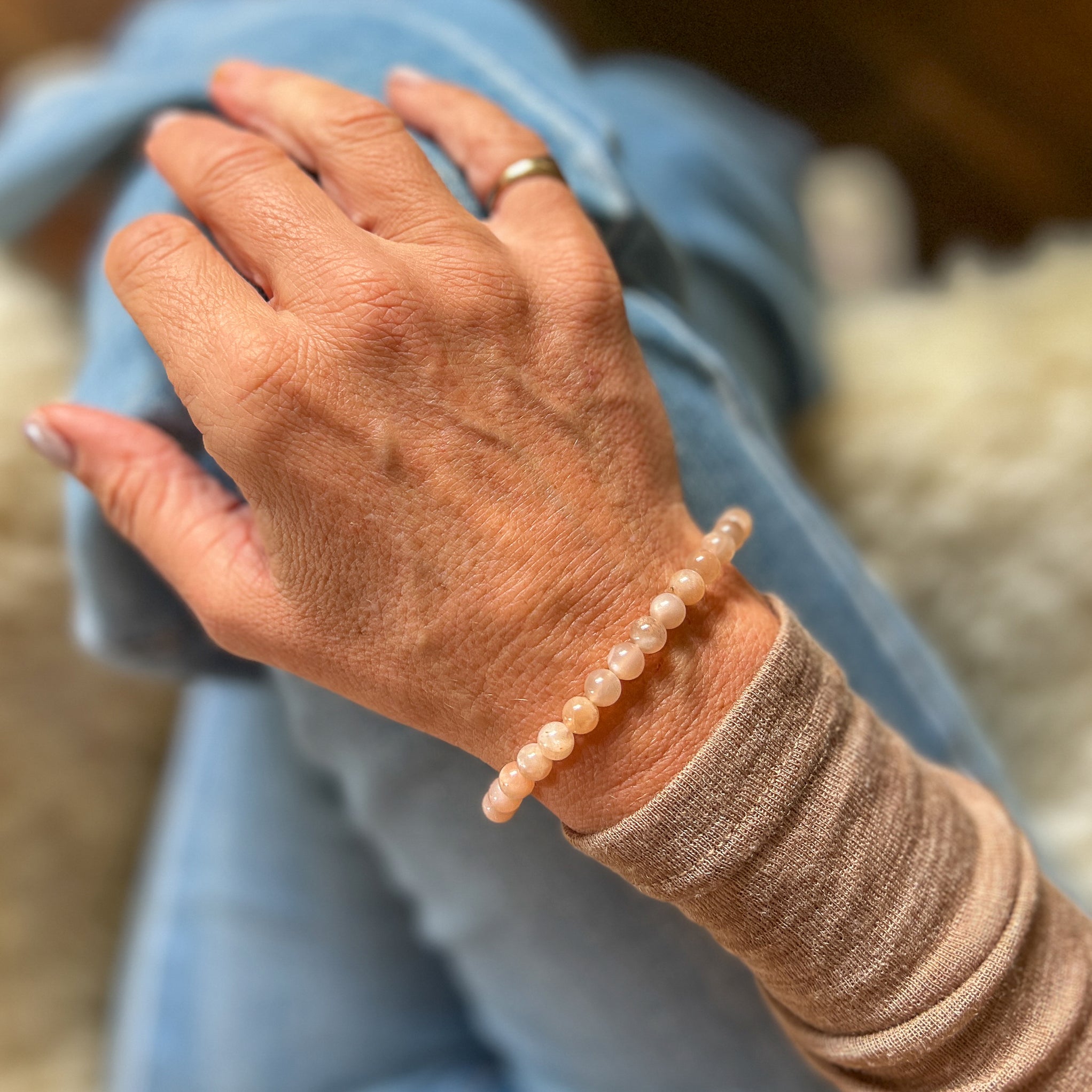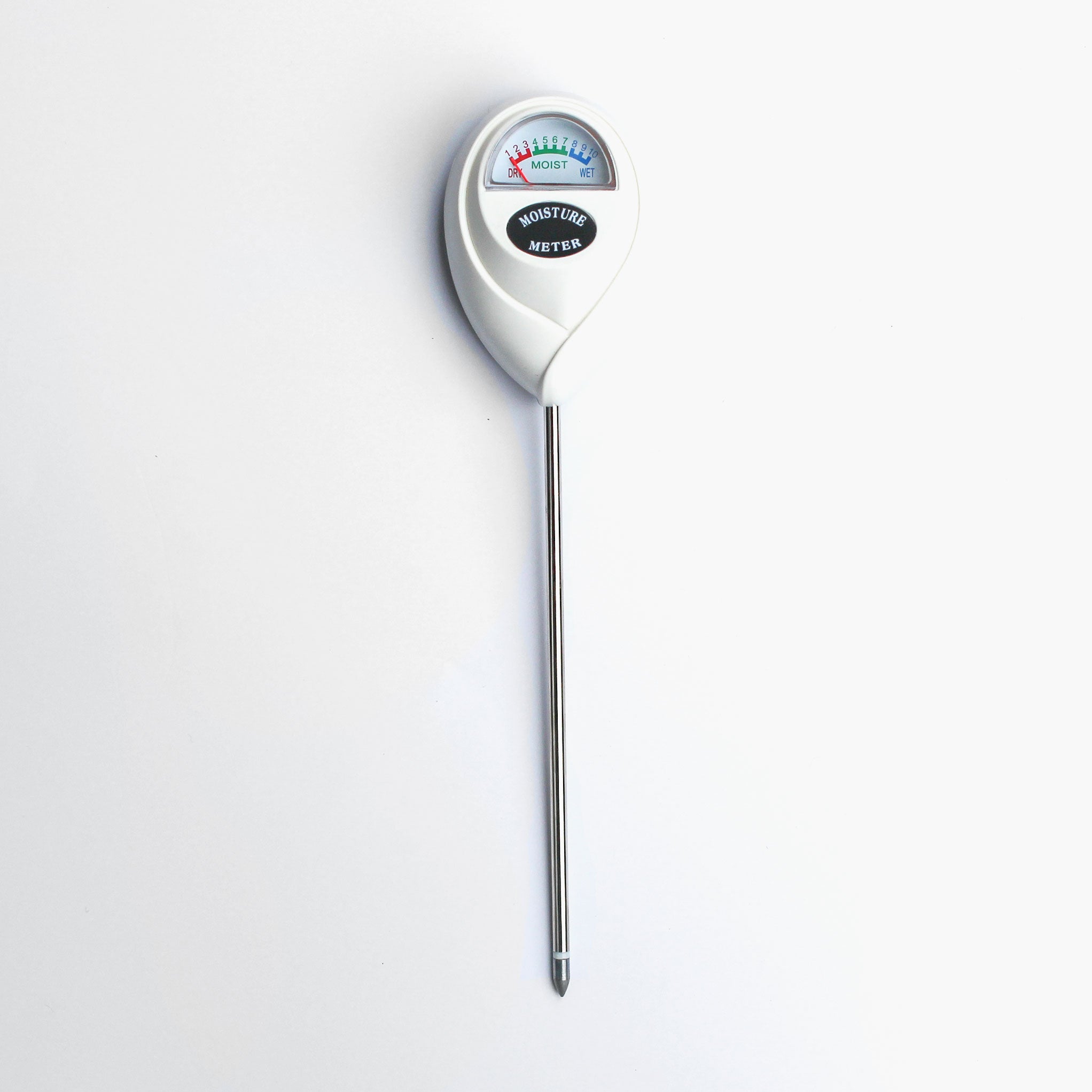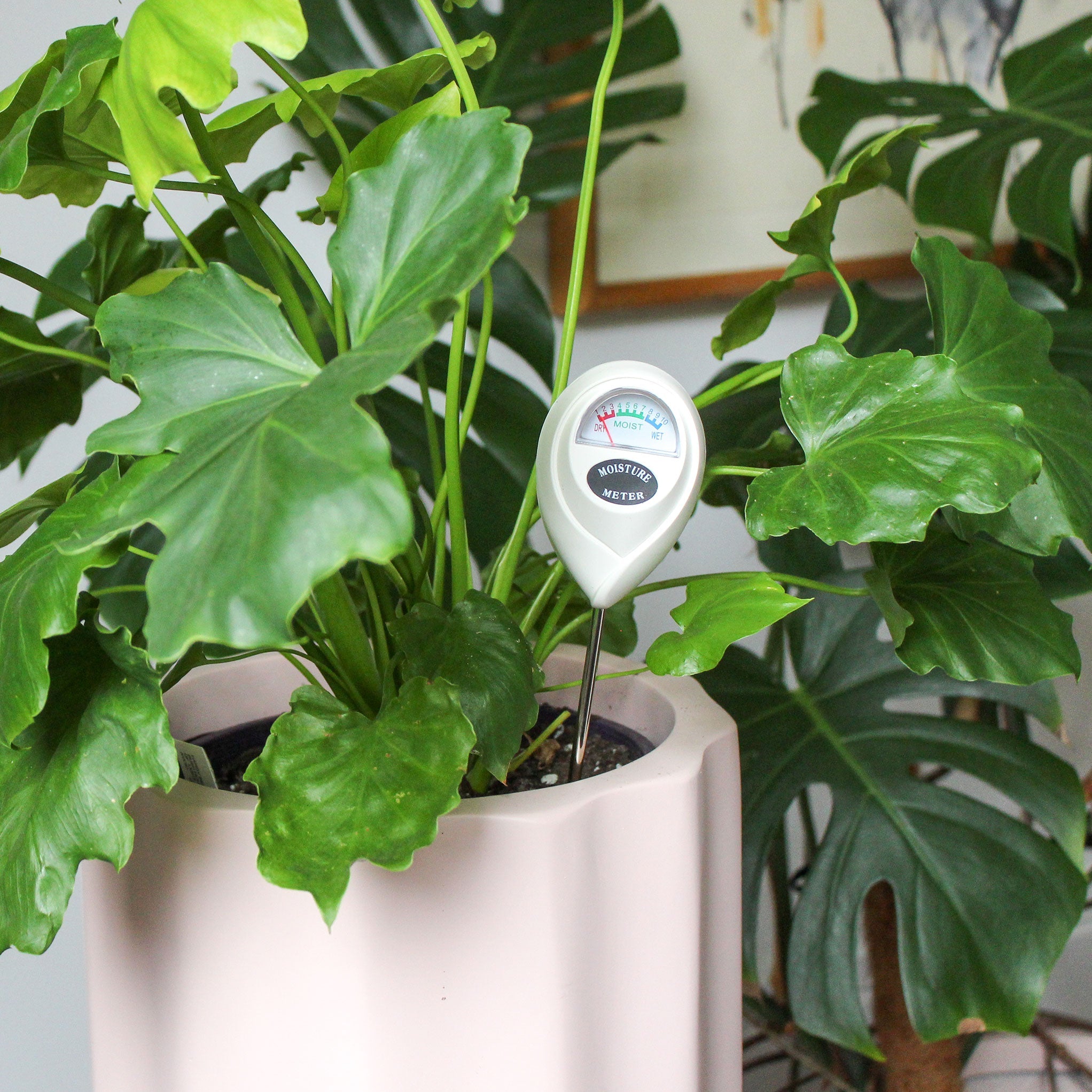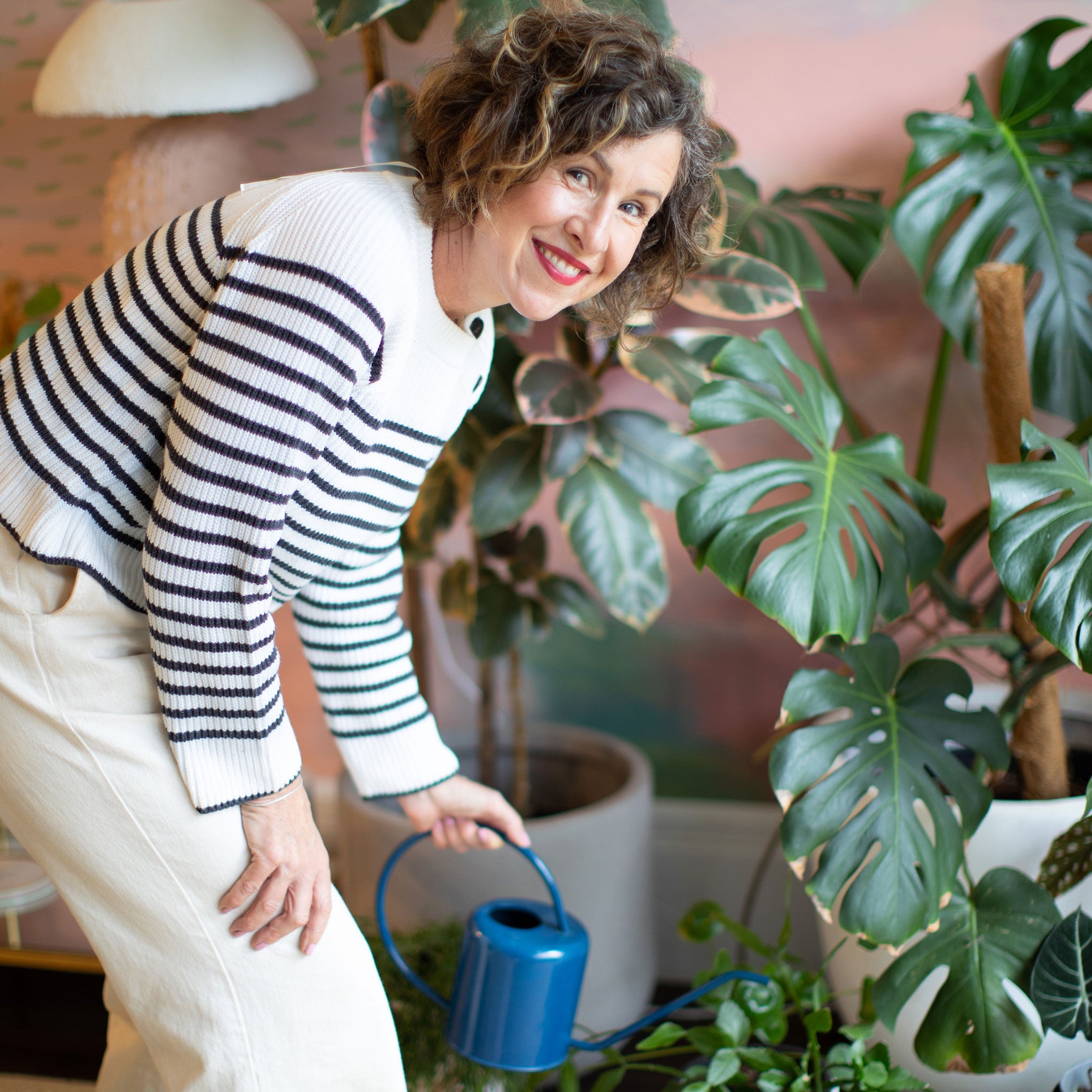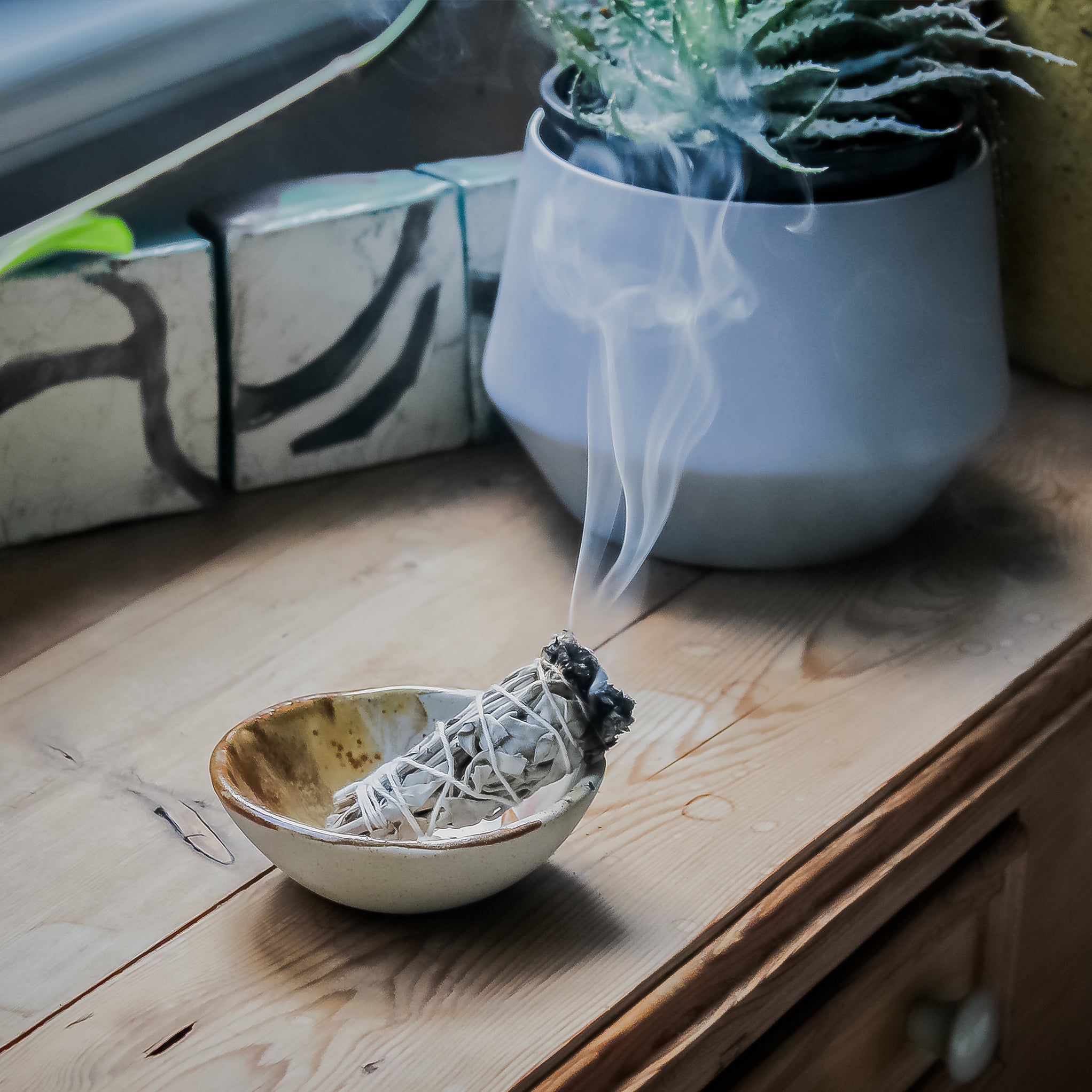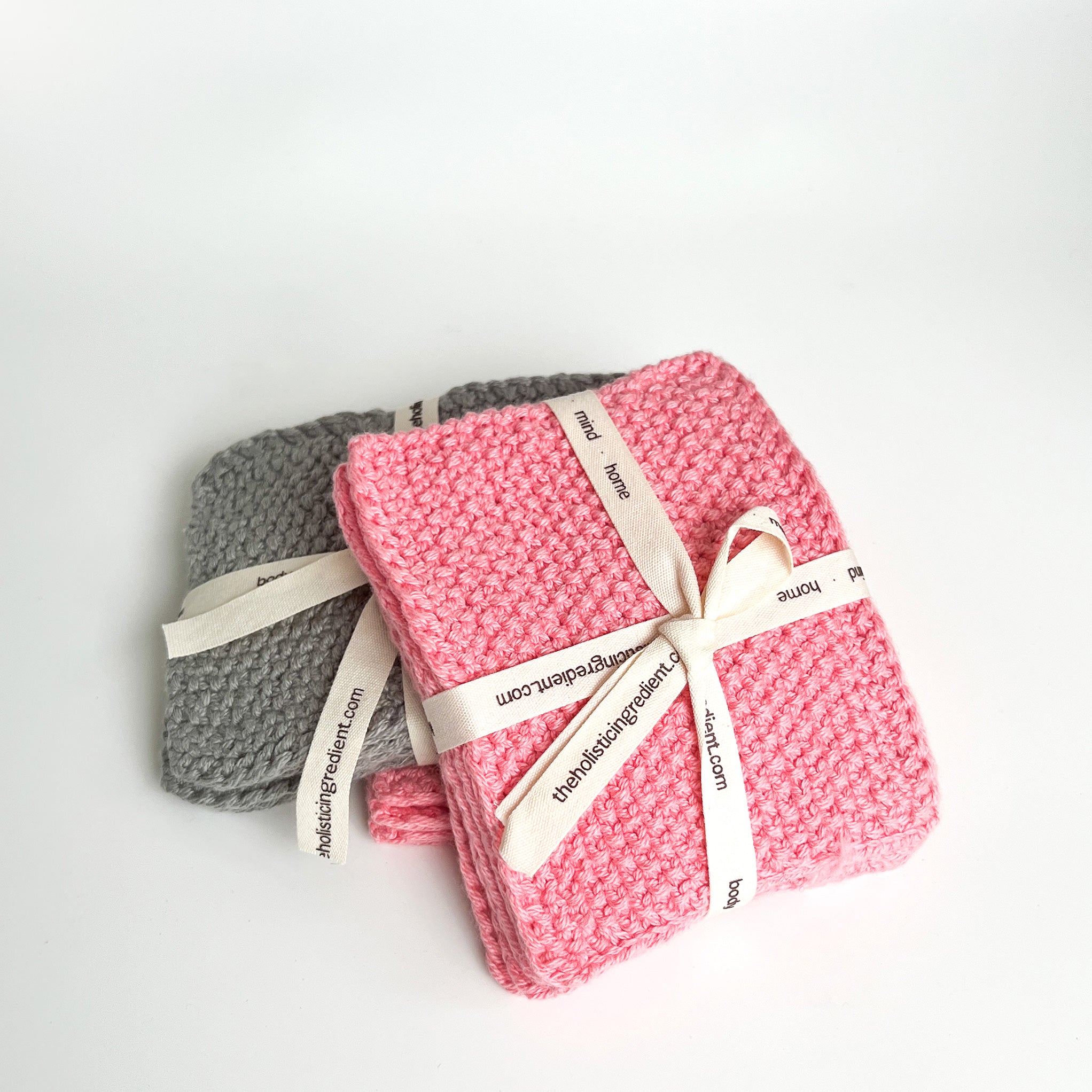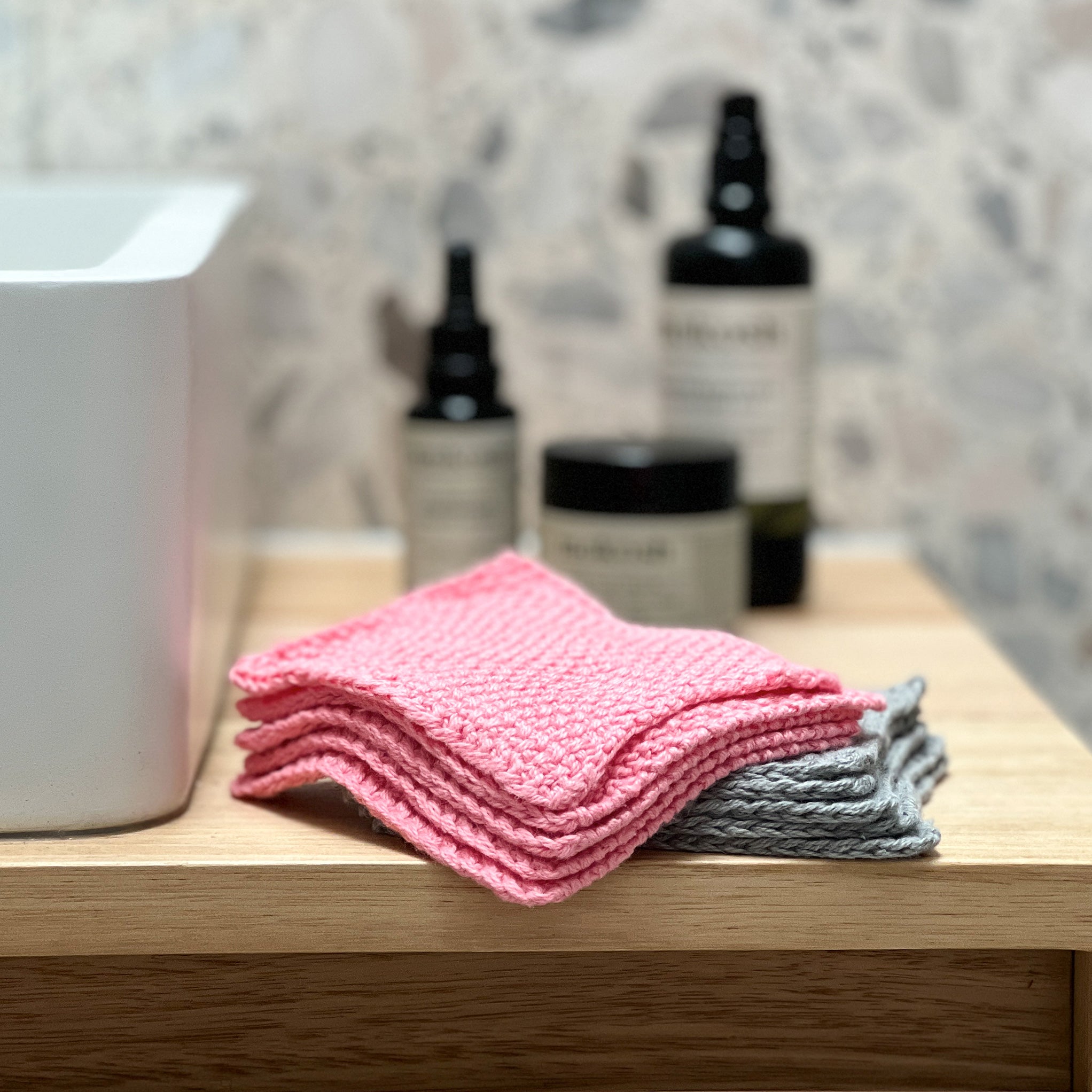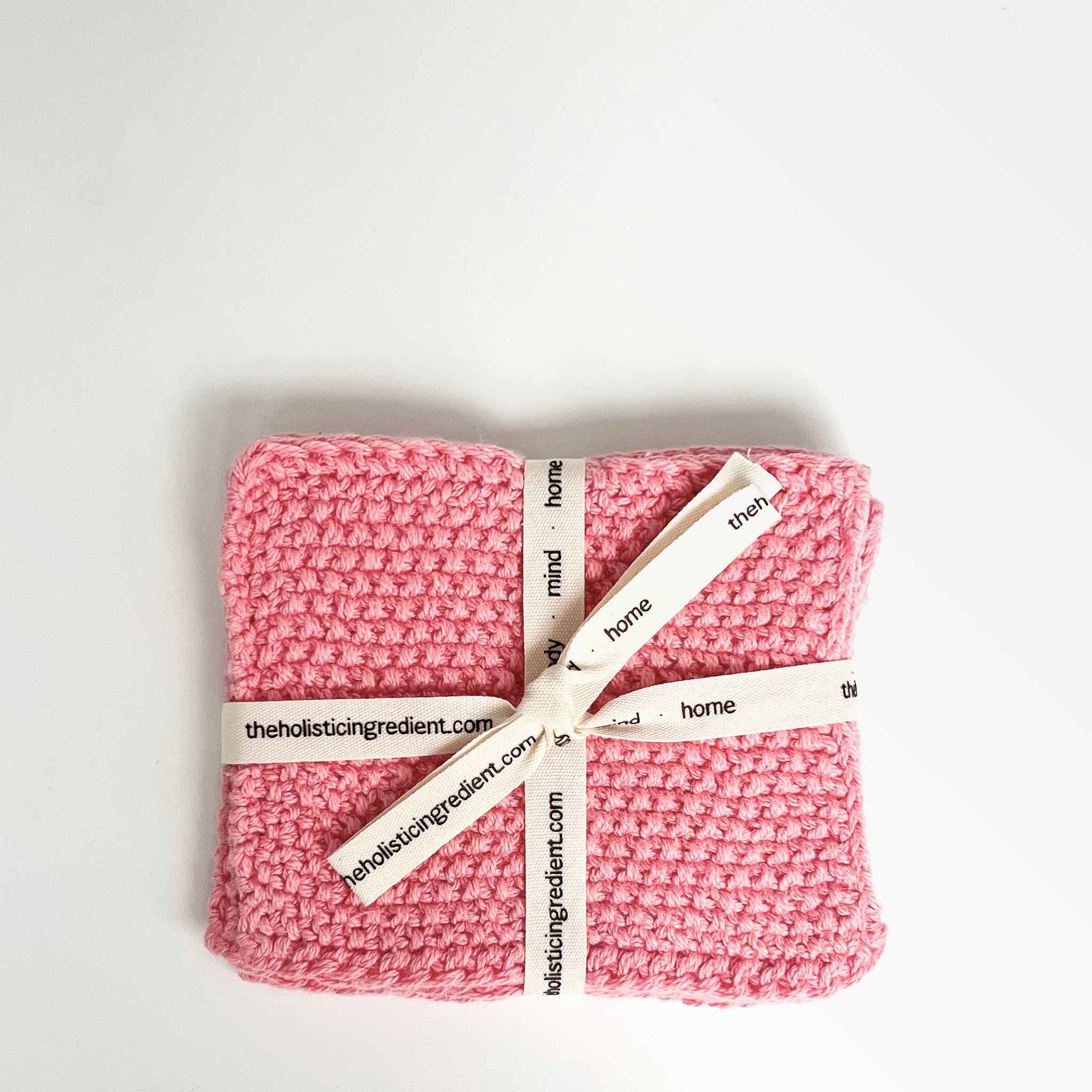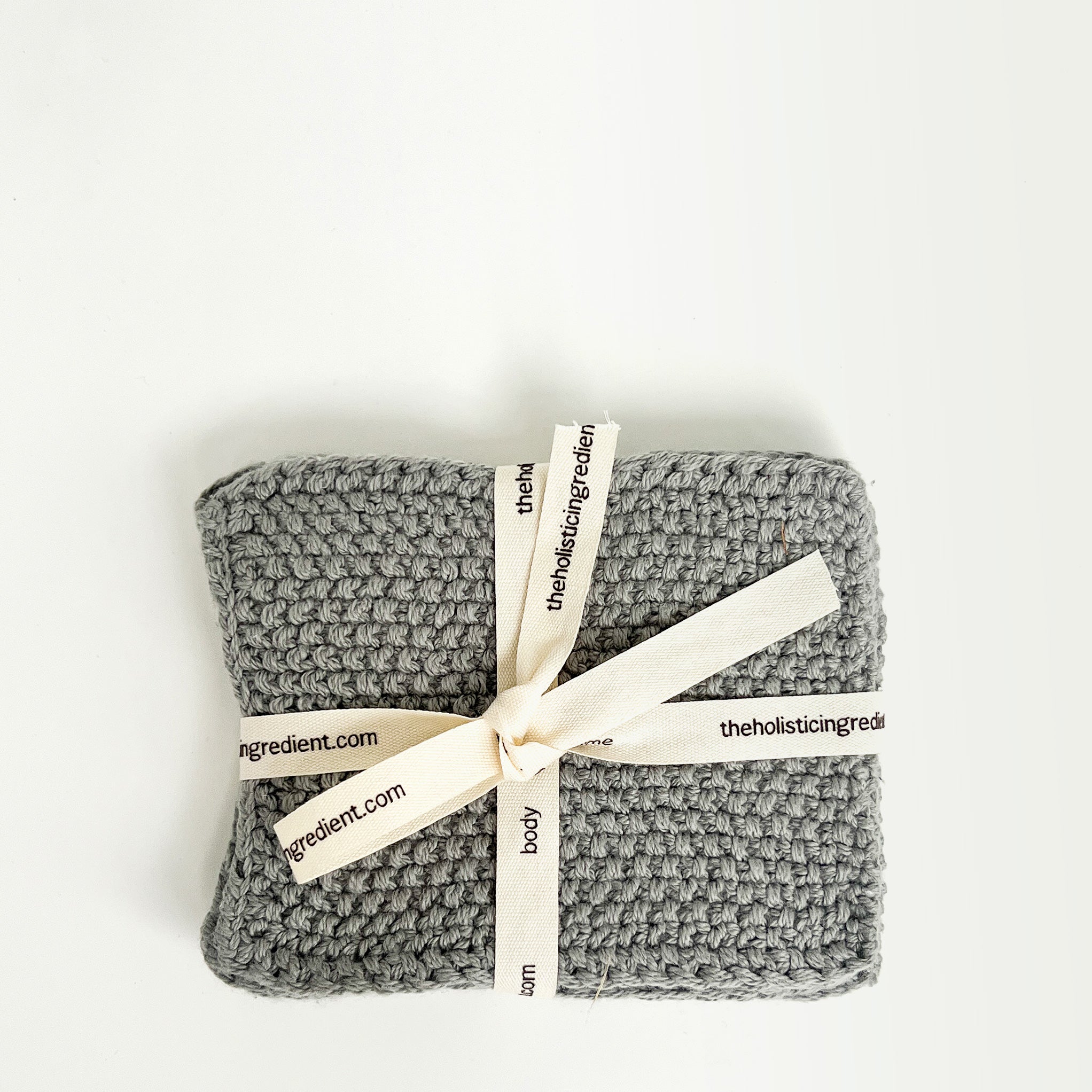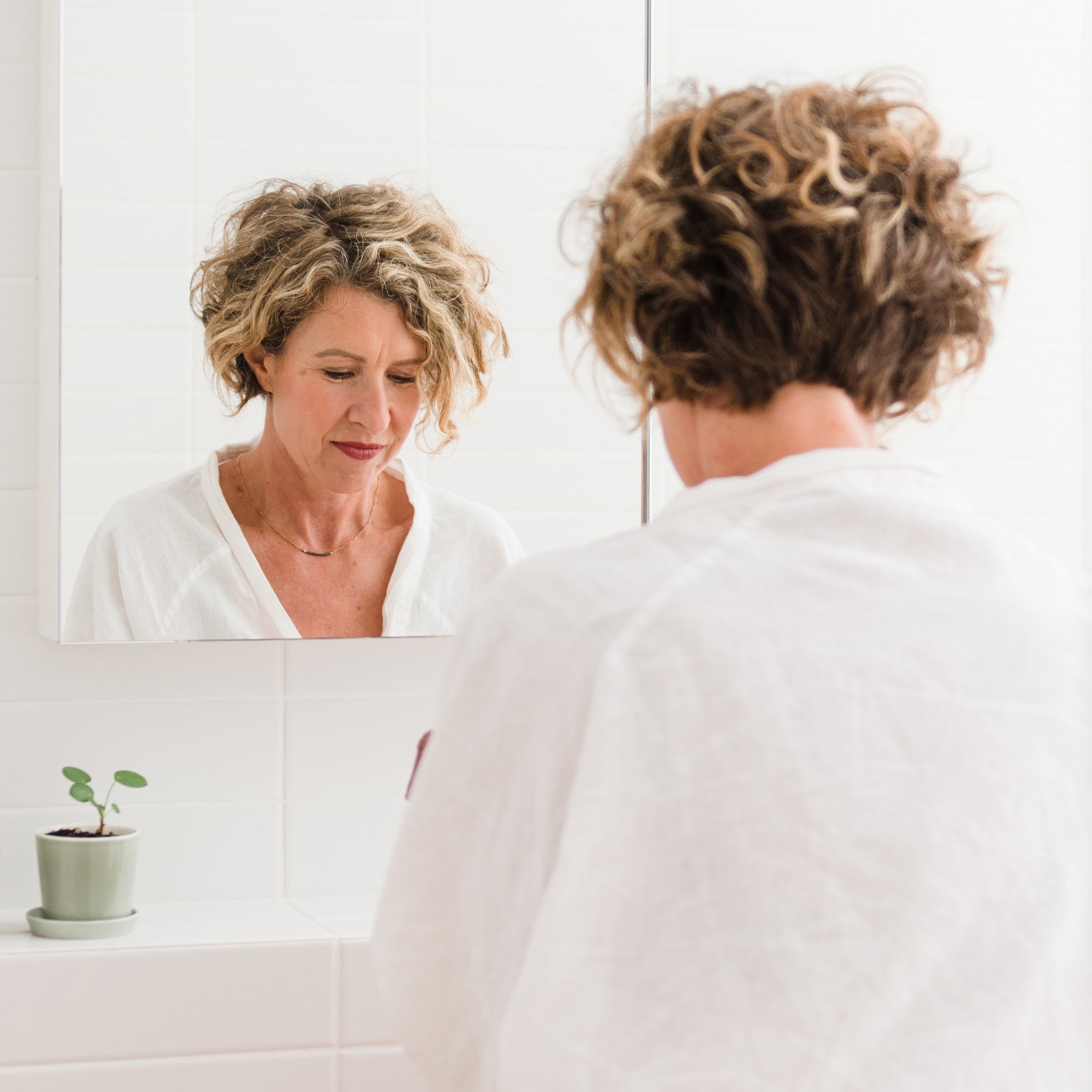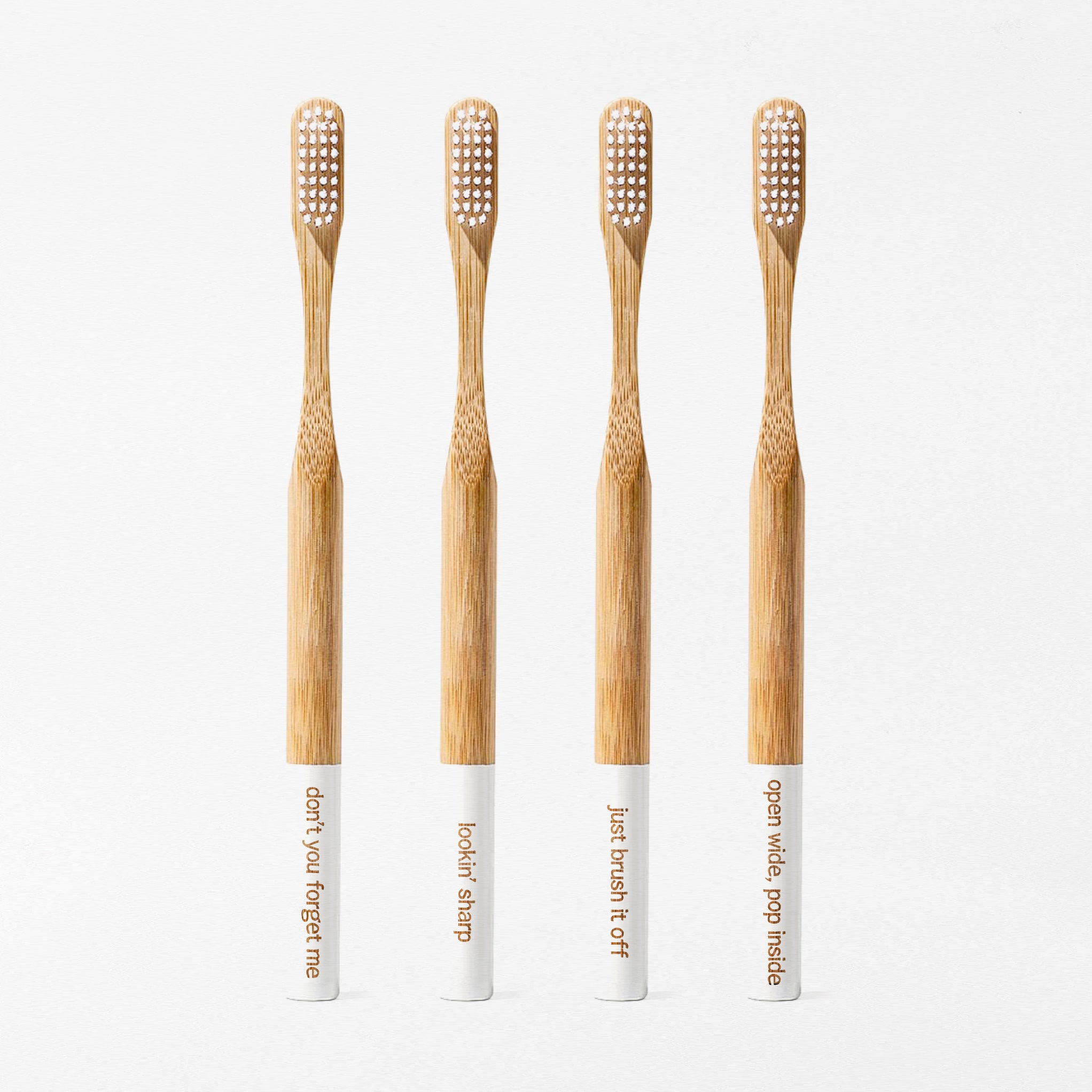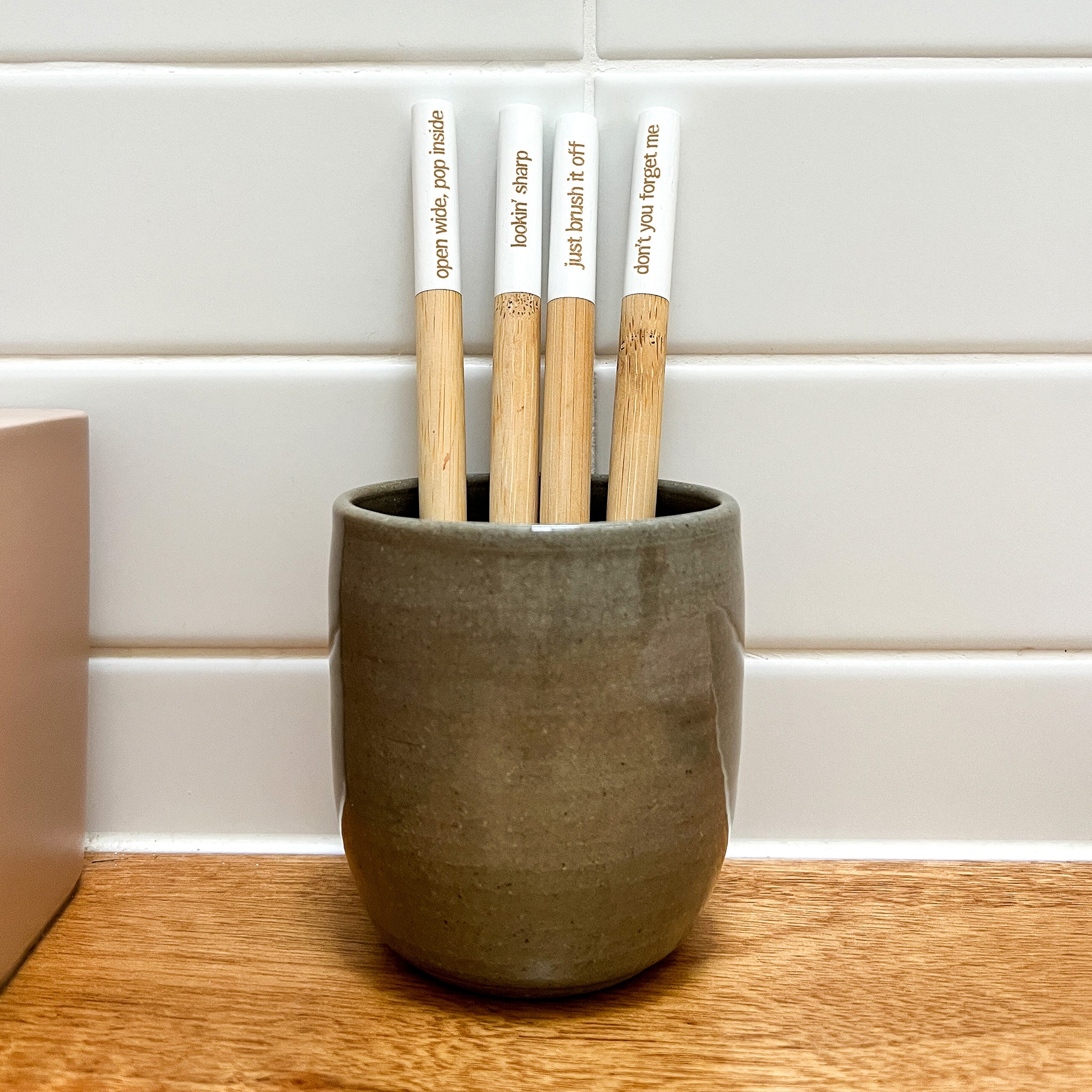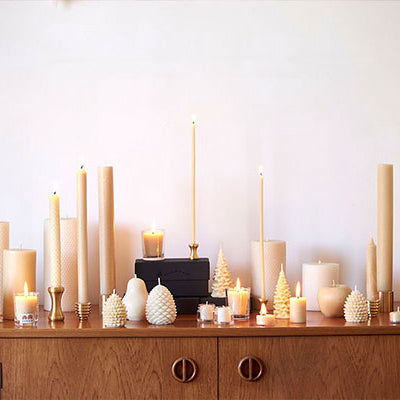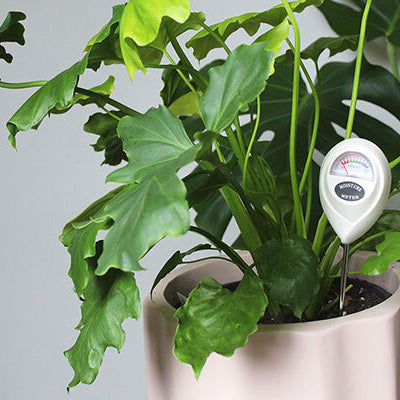
It's a new year and as with any new year we see countless articles encouraging us to try new diets and exercise regimes - to drop those pesky kg's following festive excesses (of which there were a few my end I'm not too proud to say); to grab back some control on our eating patterns and reclaim our good habits. Consequently we've decided to mix things up a bit, to focus on something a little different beyond diet and movement. Today we want to get you all focussed on that space that is (or at least should be) your sanctuary, that space I hope you have spent a LOT of time in over the last few weeks. That space is your bedroom. So without further ado we invite an expert to share her top tips around bedroom health.
A guest article by Narelle MacDonald of Healthy Living Spaces.
Have you thought about the amount of chemicals we are all exposed to just by going about our normal daily routine? Once you gain an awareness of the hidden dangers lurking in your home, your cupboards and in your everyday products there is generally no turning back. Our assumptions begin to be questioned. Most people are shocked to discover how many chemicals are in use today and the fact that over 80% haven’t been for tested for their effects on human health.
Products such as cleaning and personal care products, clothing, mattresses, building materials, non stick cookware, pesticides and many more can contain toxic chemicals that have been linked to everything from skin and eye irritants to asthma, learning disabilities, hormone disruption and many other serious illnesses.
Another area of concern is our exposure to electromagnetic fields (EMFs). This is particularly important in our bedrooms. According to Magda Havas some of the symptoms of prolonged exposure to EMFs where are bodies are under stress and aren’t given time to regenerate are disrupted sleep patterns, memory and concentration loss, mood swings, depressive disorders, high levels of anxiety and illnesses such as chronic fatigue.
The good news is we can dramatically reduce the impact of these toxins and electromagnetic fields by making simple and effective changes in our homes and everyday lives.
With anything in life it is best to start with one thing at a time. So I would like to start with your bedroom. Given that on average we spend 22 years of our life sleeping and most of our cell regeneration takes place during the night, this room is critical for our health and vitality.

8 SIMPLE STEPS
• Keep all electronic devices to a minimum in the bedroom. If you use a digital clock radio keep a minimum of 1 metre from your bedhead. If you love your electric blanket just turn it off and unplug before getting into bed.
• Wherever possible avoid wireless devices. If you use Wi-Fi in your home turn the router off when not in use particularly at night and keep it well away from bedrooms.
• Locate your meter box. If it’s on the other side of your bedhead move the bed to the opposite wall to create as much distance as possible.
• A lot of us use our mobiles for alarms. Put it in flight mode and keep a distance from the bed; you'll be less likely to hit snooze multiple times.
• Make your bedroom a safe haven, free from synthetic fragrances and chemicals.
• Opt for mattresses and pillows made out of natural fibres such as natural latex, organic cotton wool, bamboo, hemp, silk and linen.
• Choose rugs instead of carpets.
THE REASONS
Our bedroom should be a sanctuary, a place where the body can rest and regenerate so it’s important that we pay special attention to this room. When it comes to electromagnetic fields it’s all about distance - distance between you and the source.
• Electromagnetic fields can interfere with our bodies, reduce melatonin levels and stop us getting a good night sleep. This is why we advise to keep all electronic devices to a minimum and to keep a distance from the bed at a minimum of one metre.
• Synthetic fragrances and perfumes can contain a huge amount of allergens some of which will contain phthalates, which are endocrine disrupting chemicals. Use essential oils rather than perfume and opt for products that don’t contain fragrance (parfum).
• Conventional mattresses, pillows and sheets can contain a whole host of chemicals. As we spend so much time sleeping it is important to choose the best mattress possible.
• Rugs are much easier to clean than carpets, which can be problematic especially for those with allergies and asthma.
As has been spoken before by wise men ‘Small changes can create noticeable shifts’ Thich Nhat Hanh.
What is the FIRST change you are going to make? For me it is all to do with detaching myself from my iPhone!
Narelle McDonald is a certified Building Biologist & Feng Shui Consultant and founder of Healthy Living Spaces in Melbourne.
Building Biology is a science that studies how buildings affect our health and how we can apply this knowledge to create environments that support and nourish us. By harmonizing the elements Feng Shui can create a sense of calm and feeling of being in a safe haven, your own sanctuary. Narelle’s passion is to provide information, practical solutions and healthy alternatives to empower people to create positive change within their environments to bring about health and harmony. Our modern way of life can contribute to ill health and our homes can play a big part in this. We spend a lot of time indoors and if like me, you work from home and have young children well over 90% of your time can be spent at home.
References:
http://www.bioinitiative.org
http://www.ewg.org
http://www.magdahavas.com
http://www.womensvoices.org
Healthy Home, Healthy Family – Nicole Bijlsma
The Chemical Maze – B Statham & L Schneider
Imagery via Pinterest.

